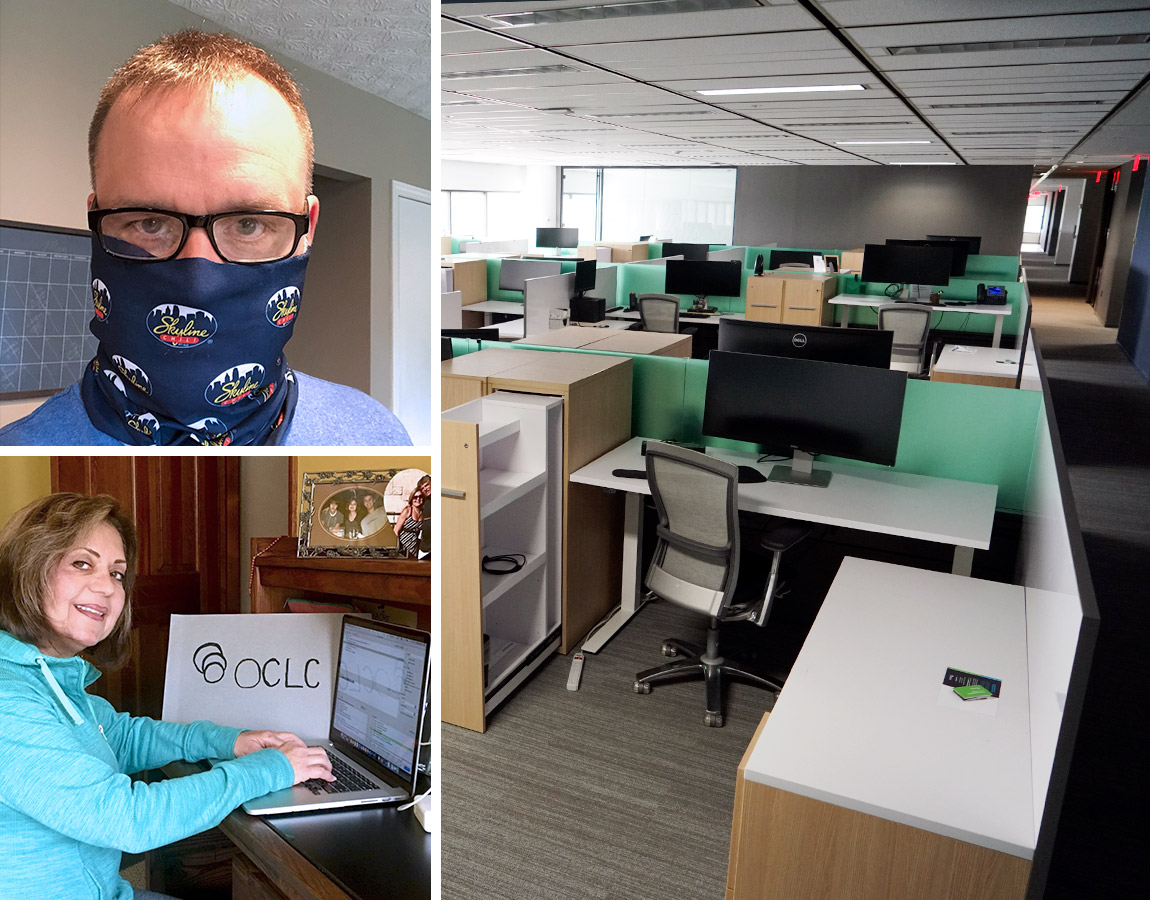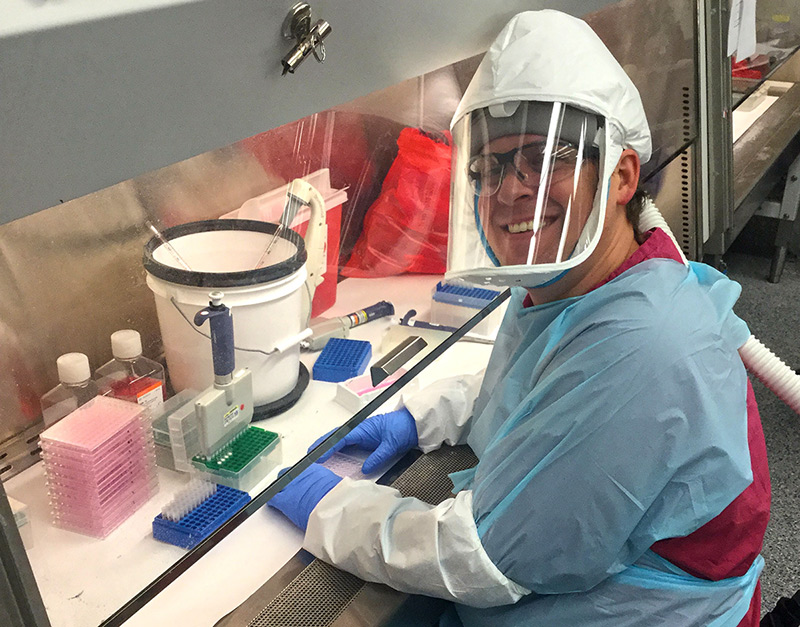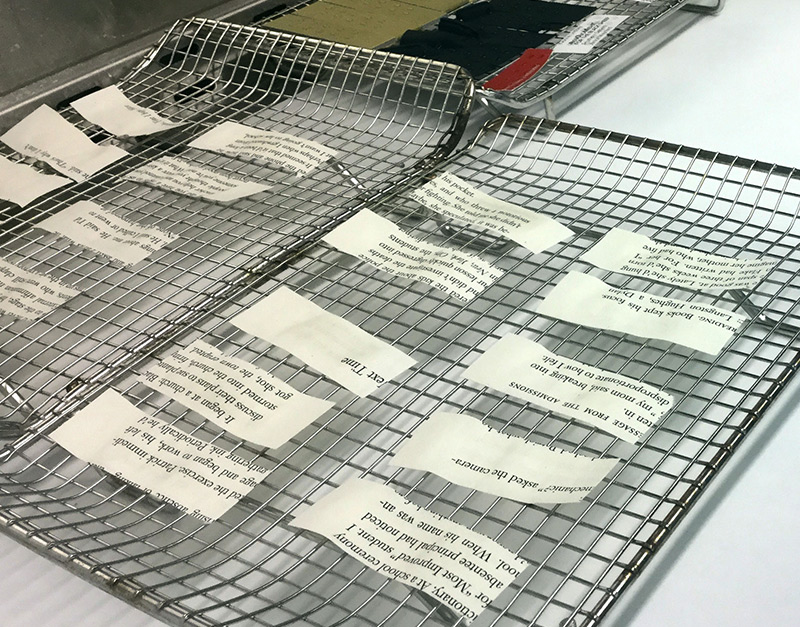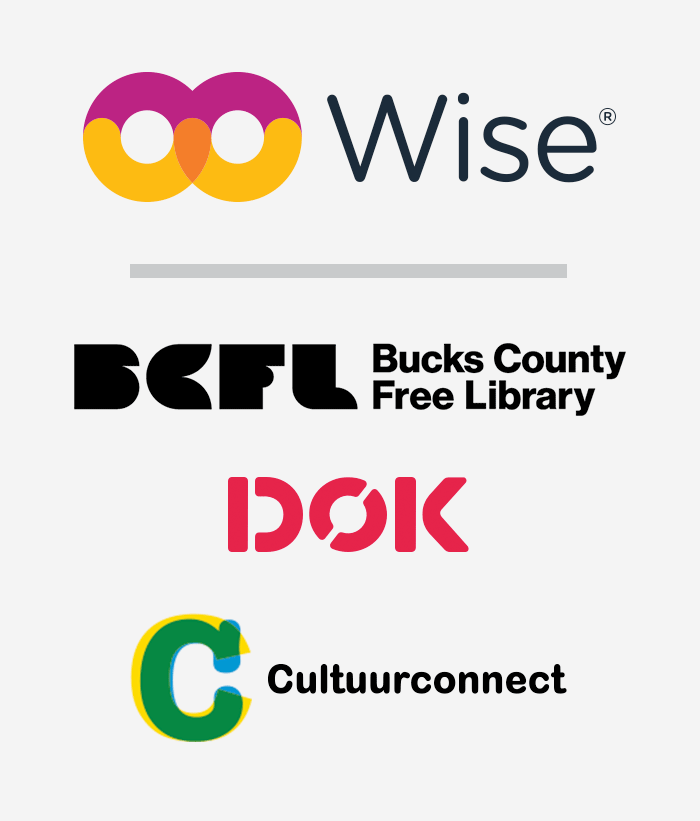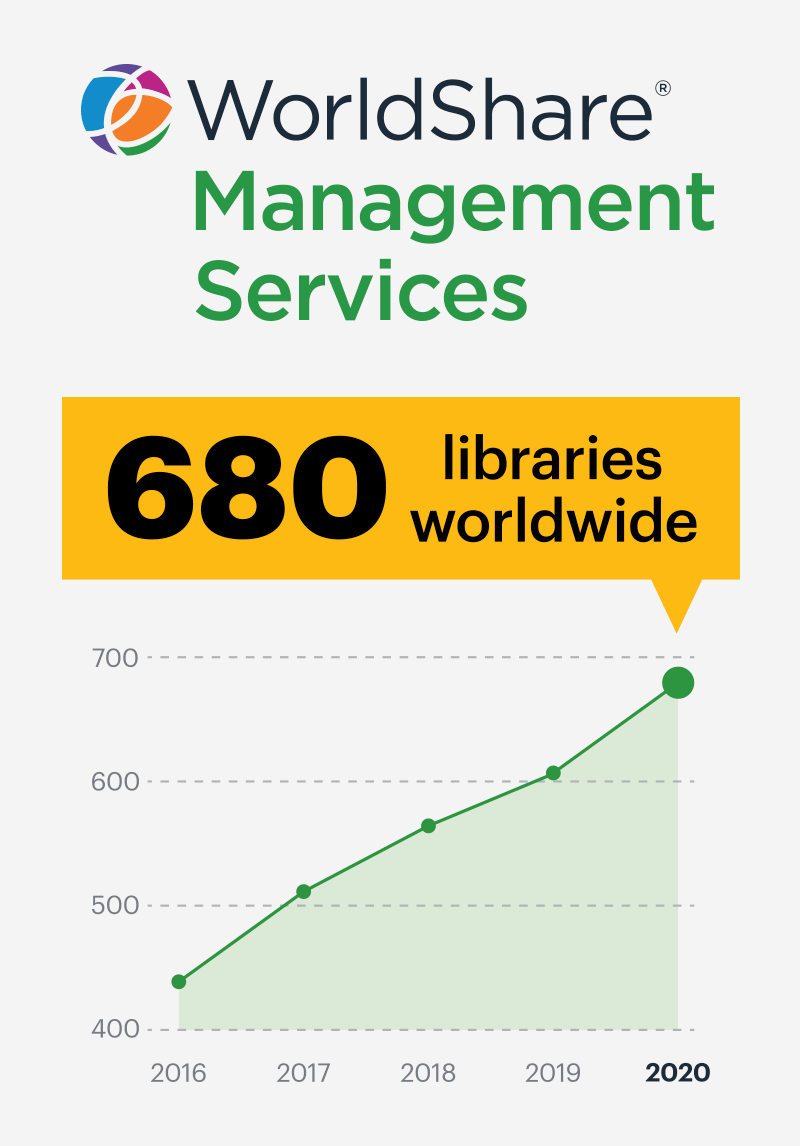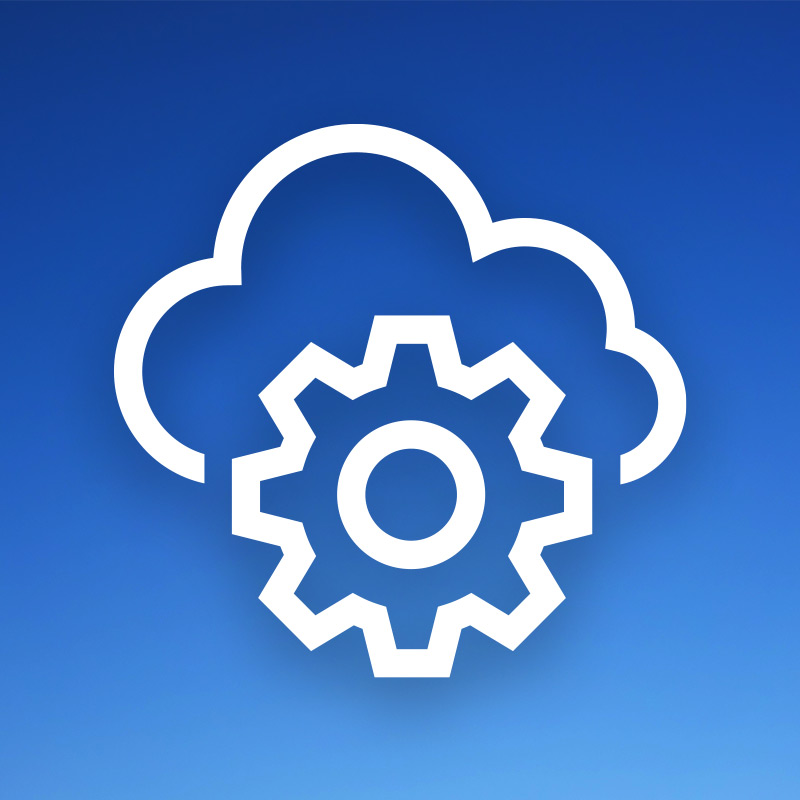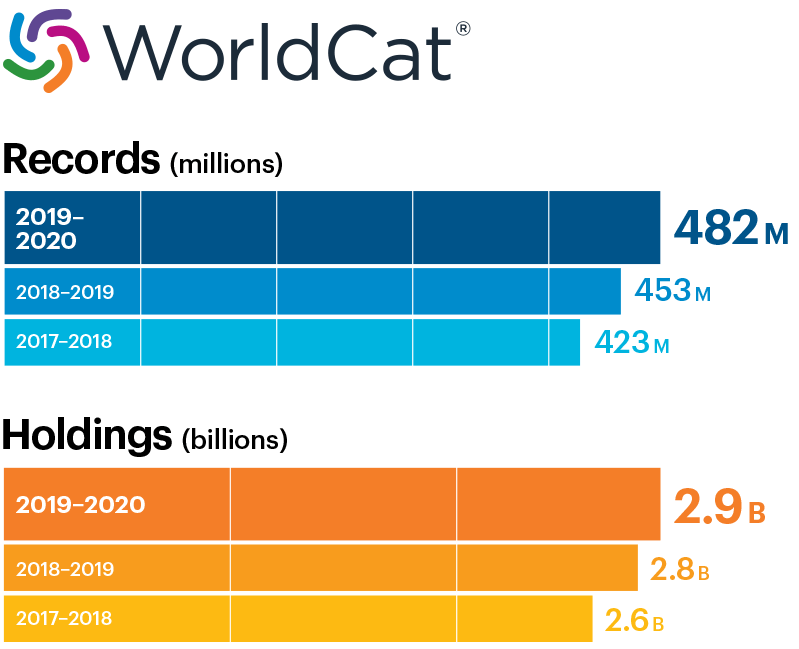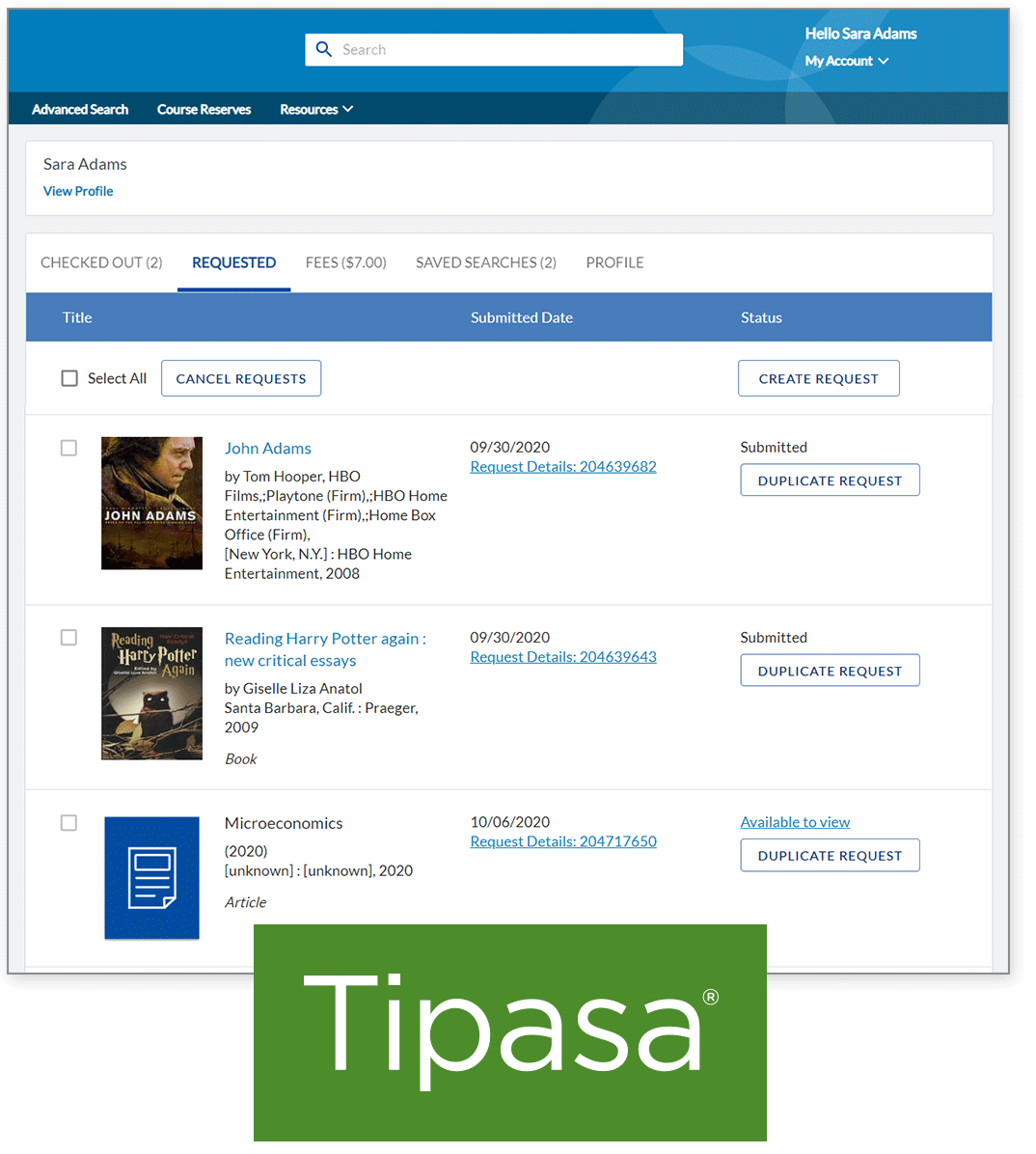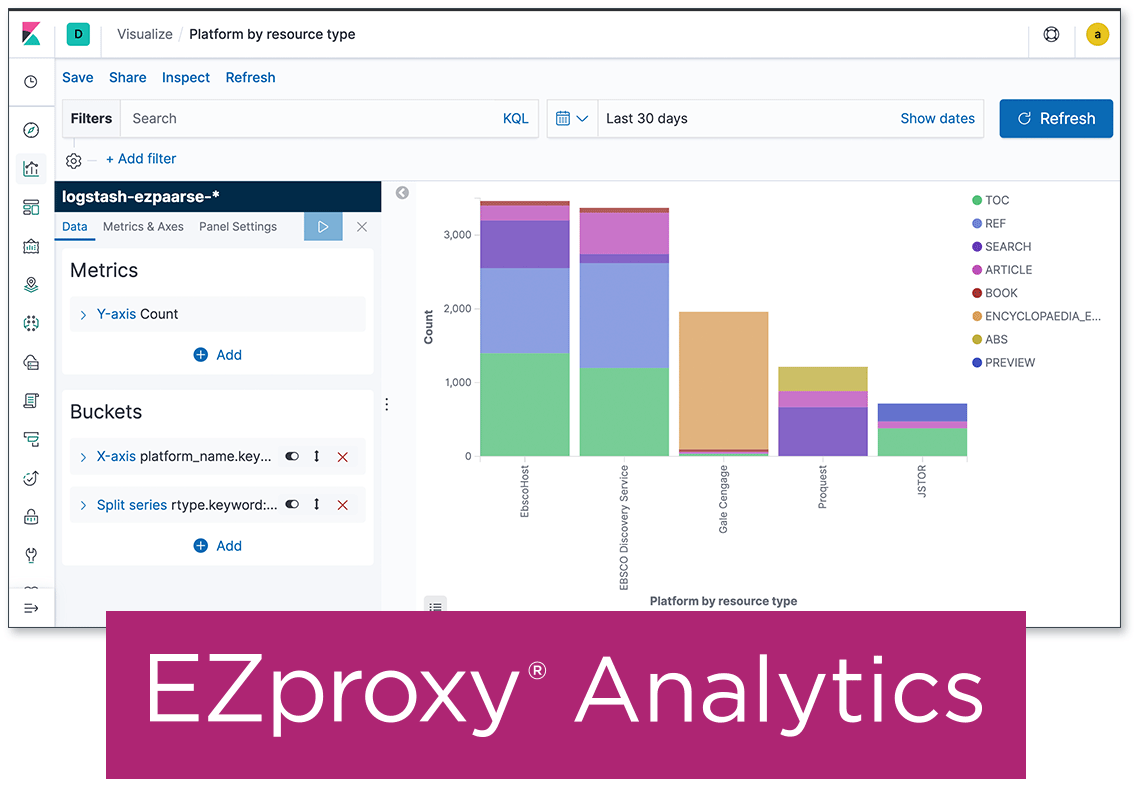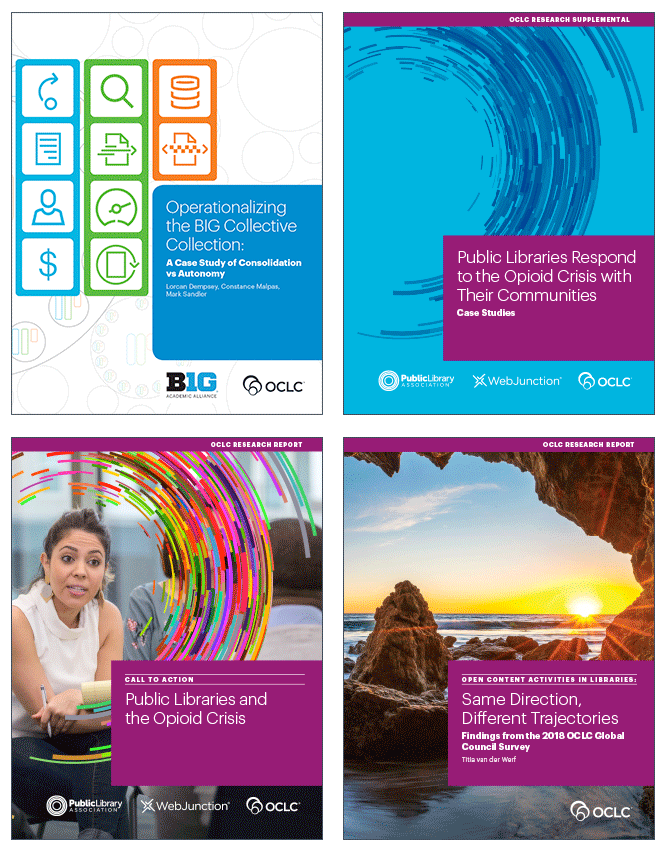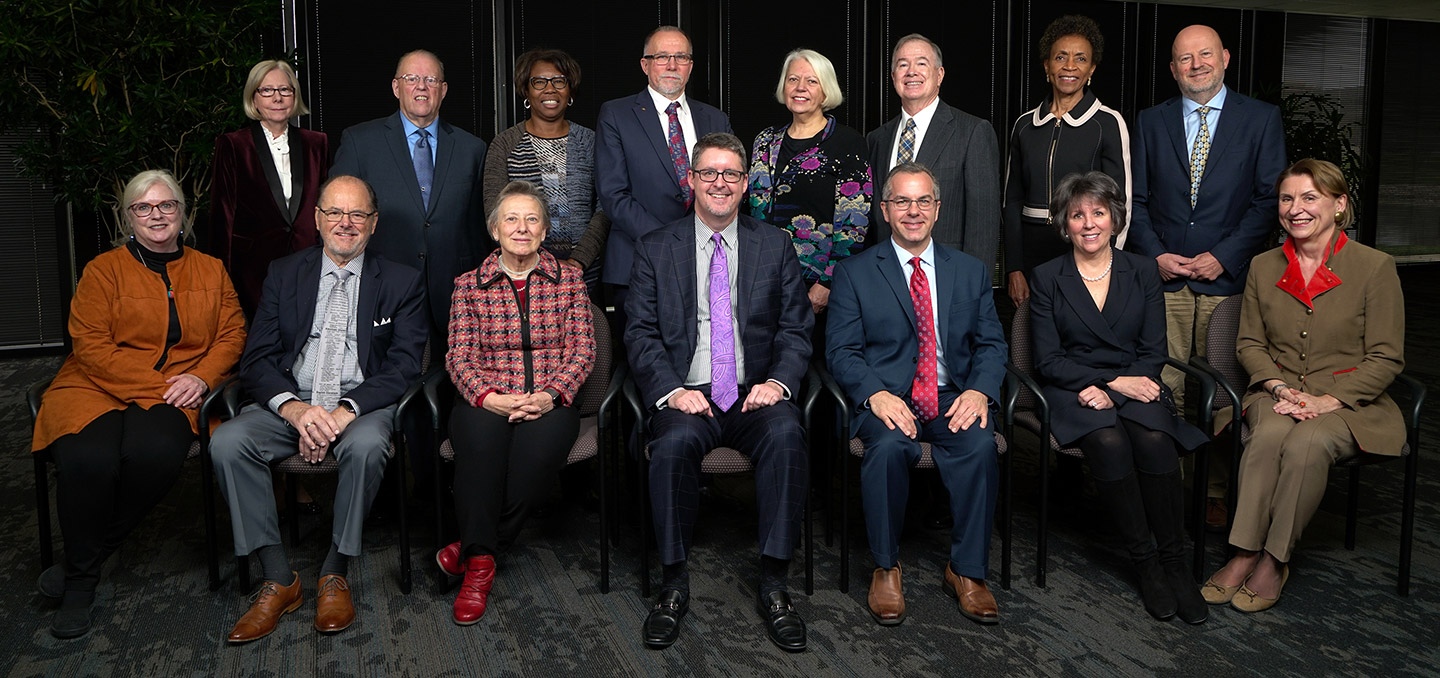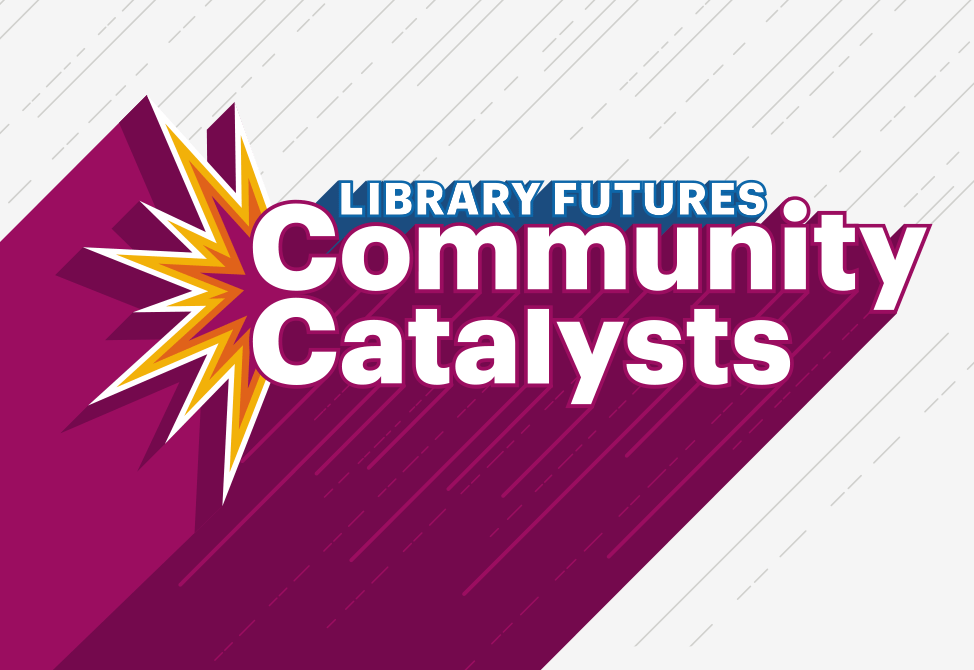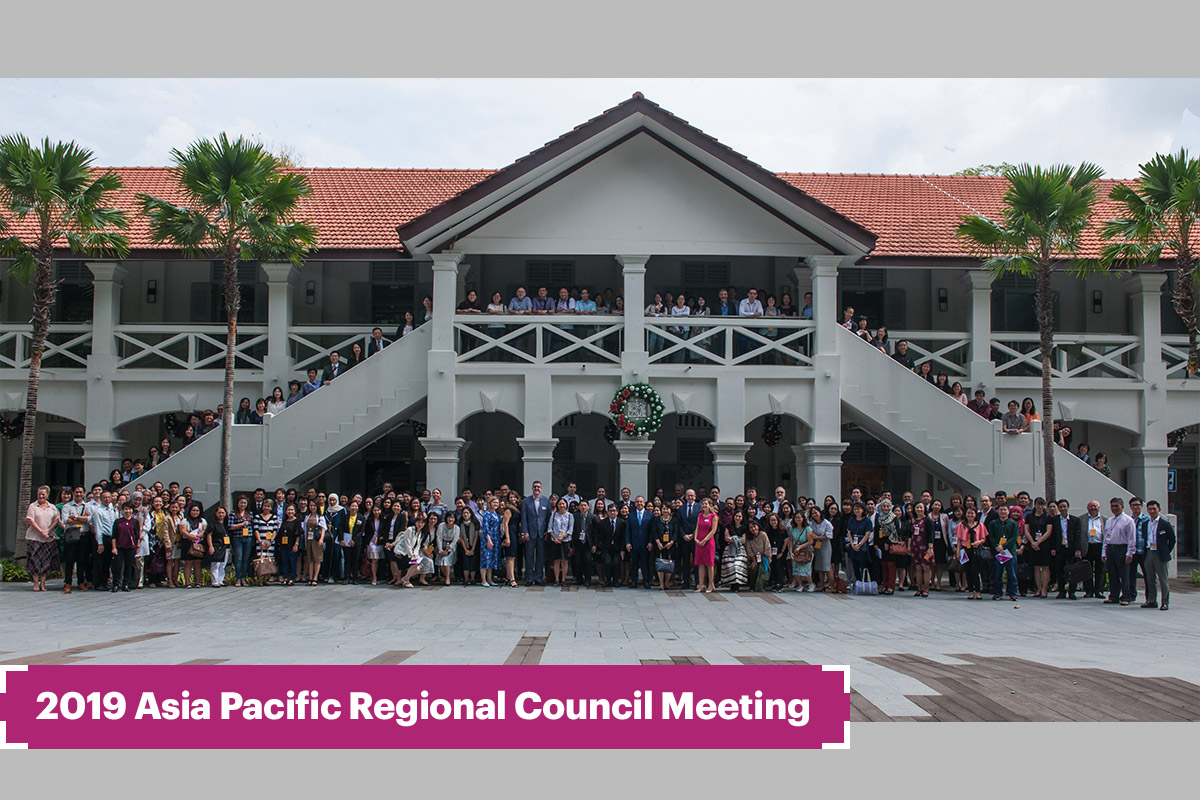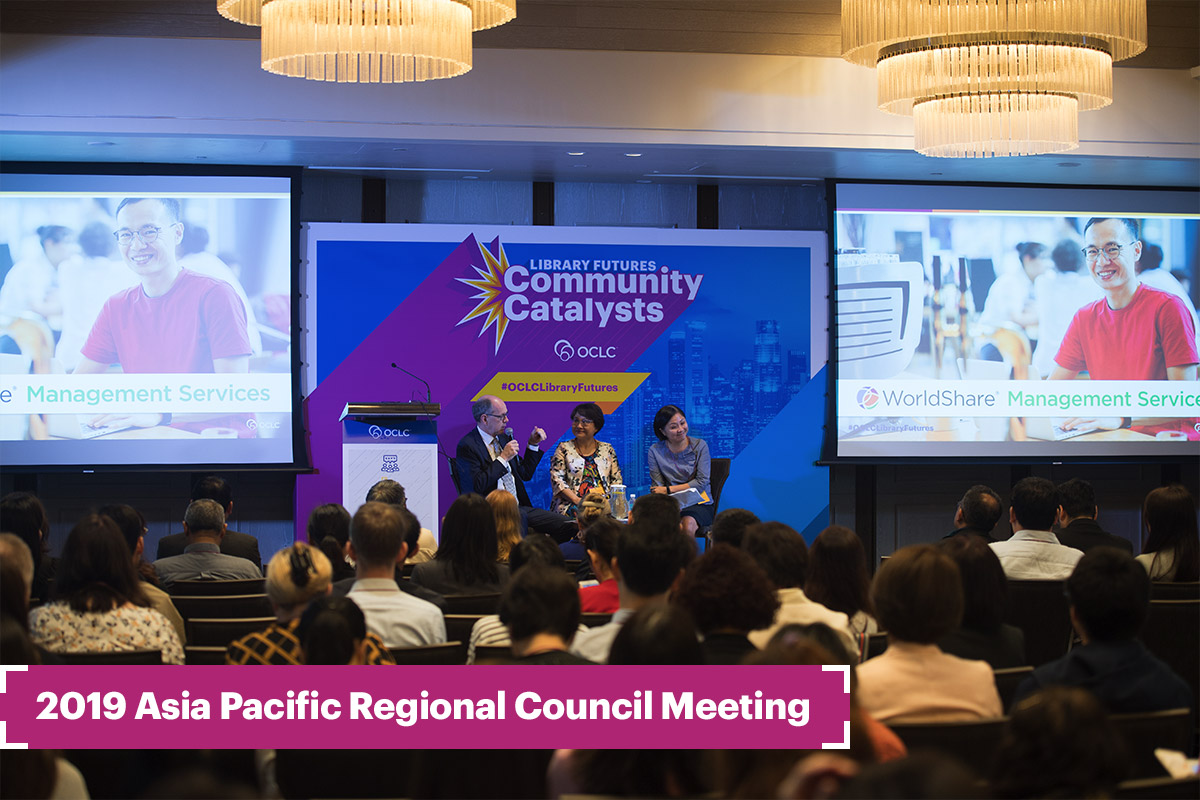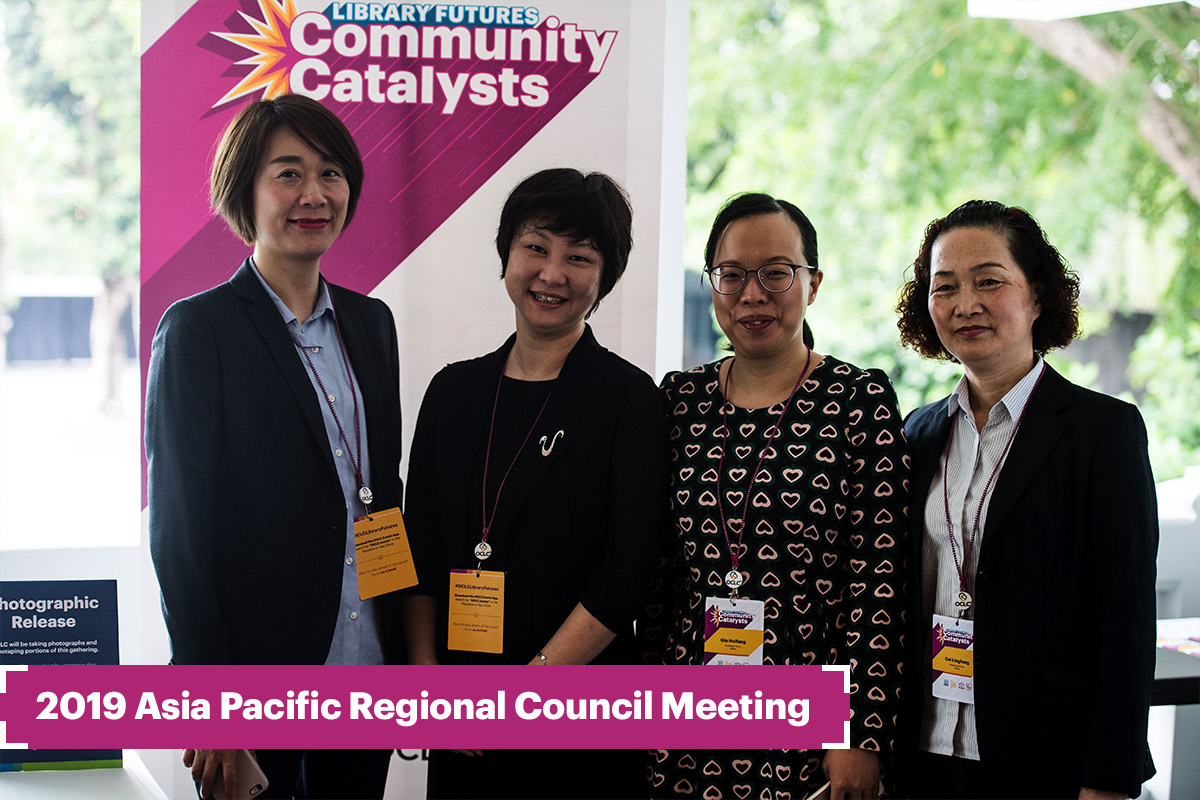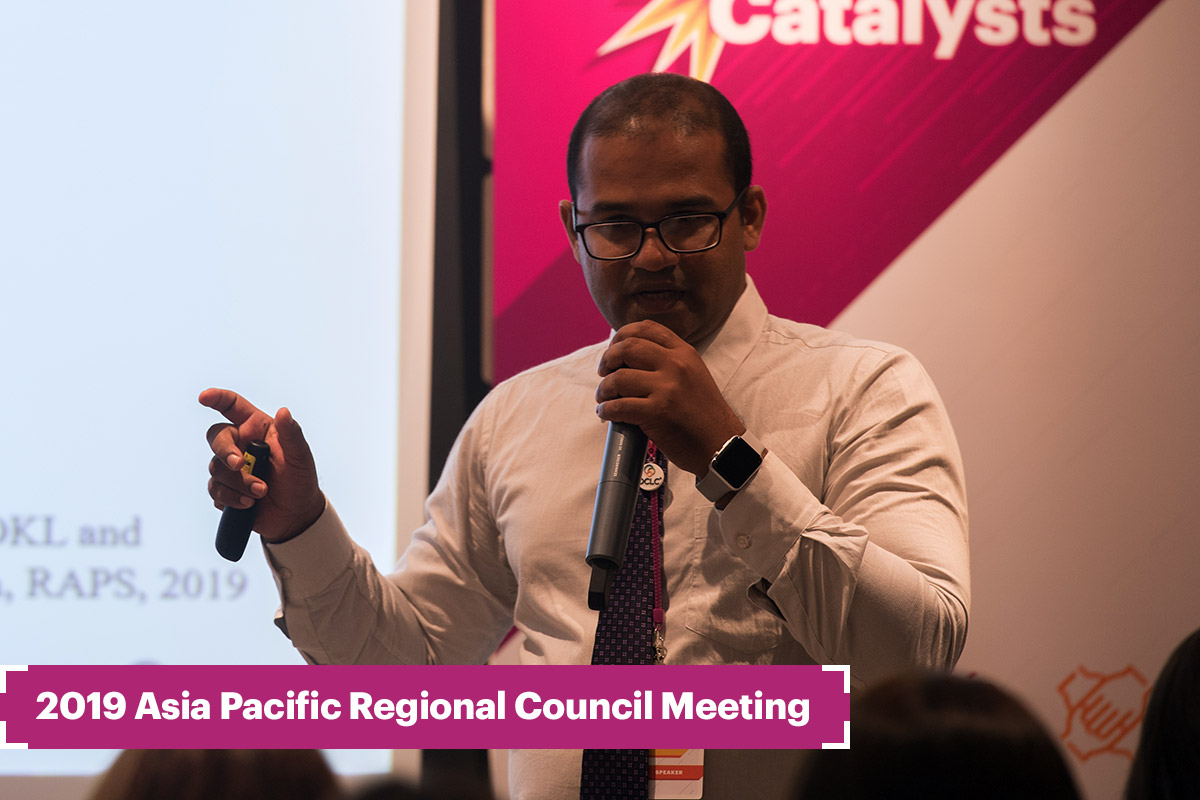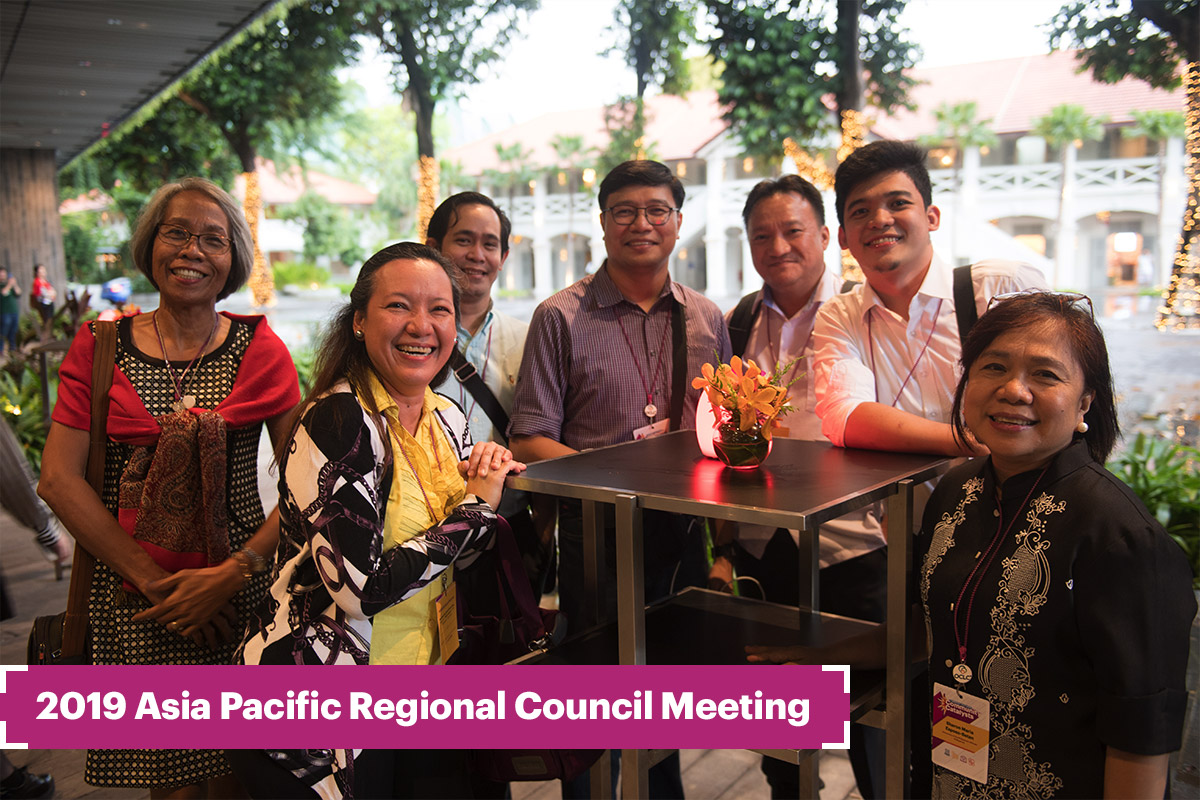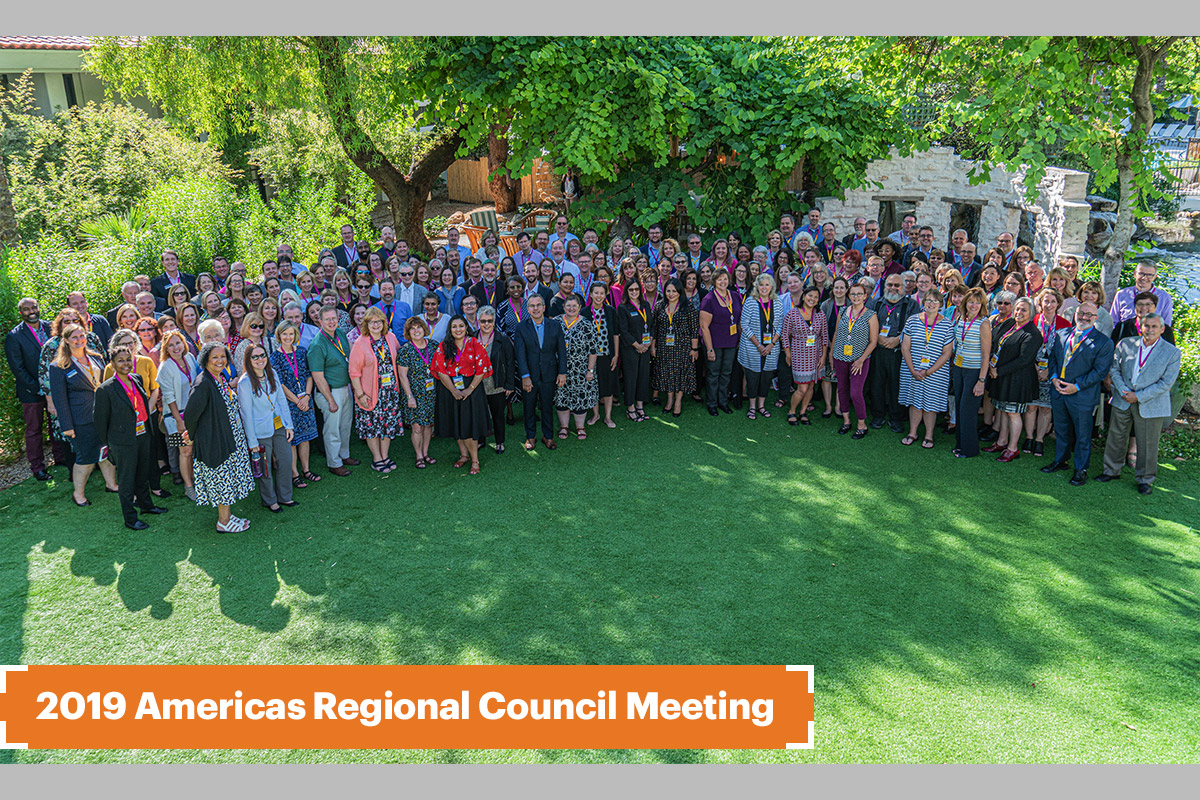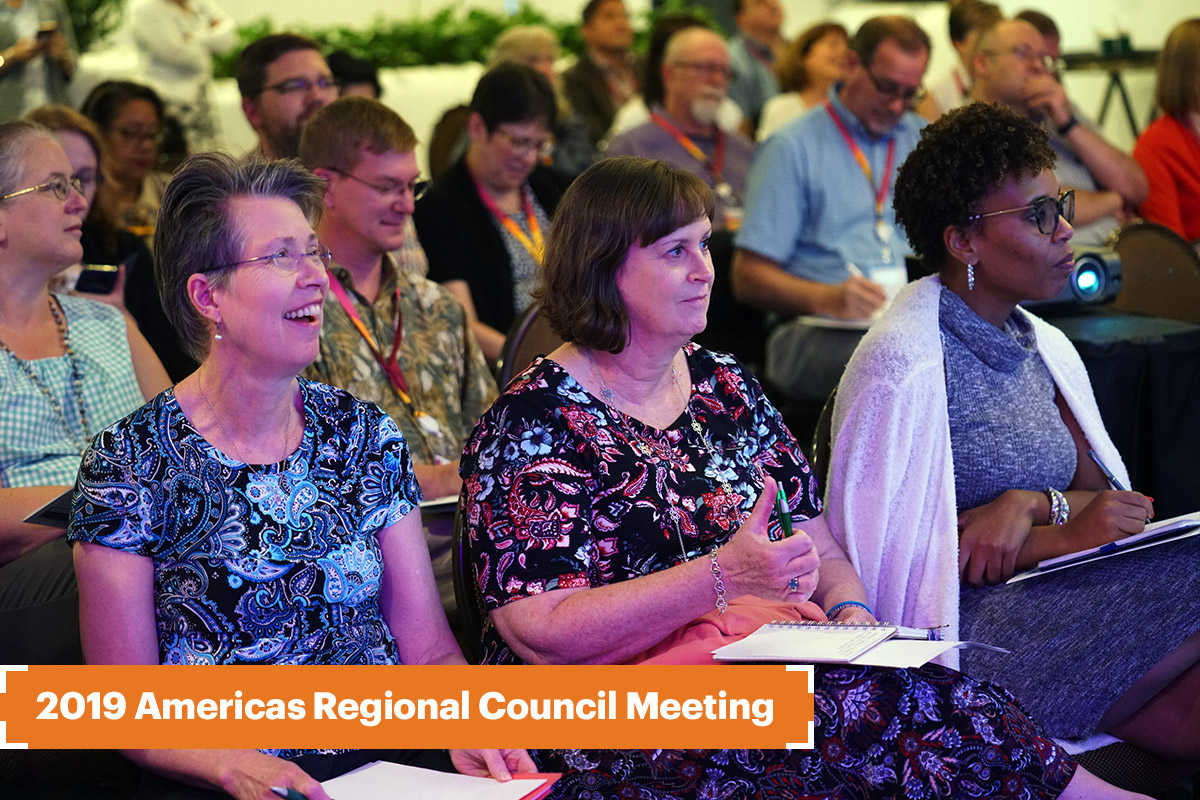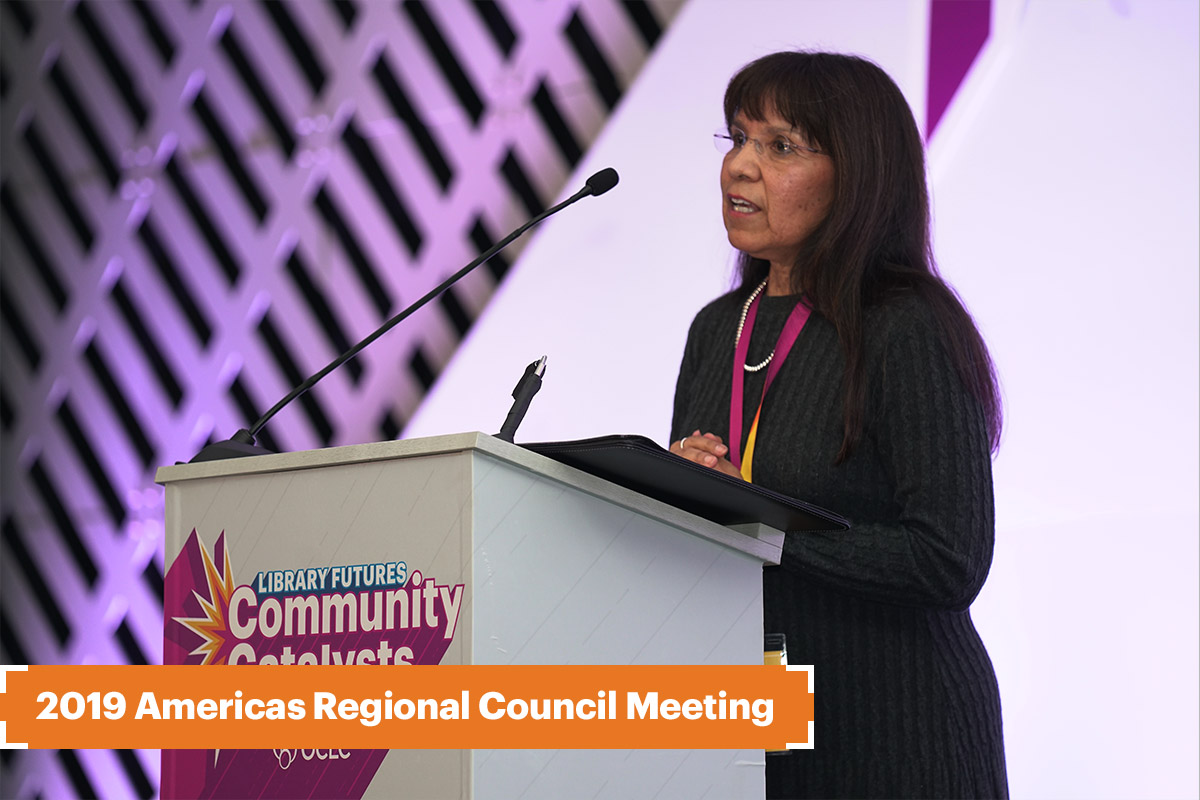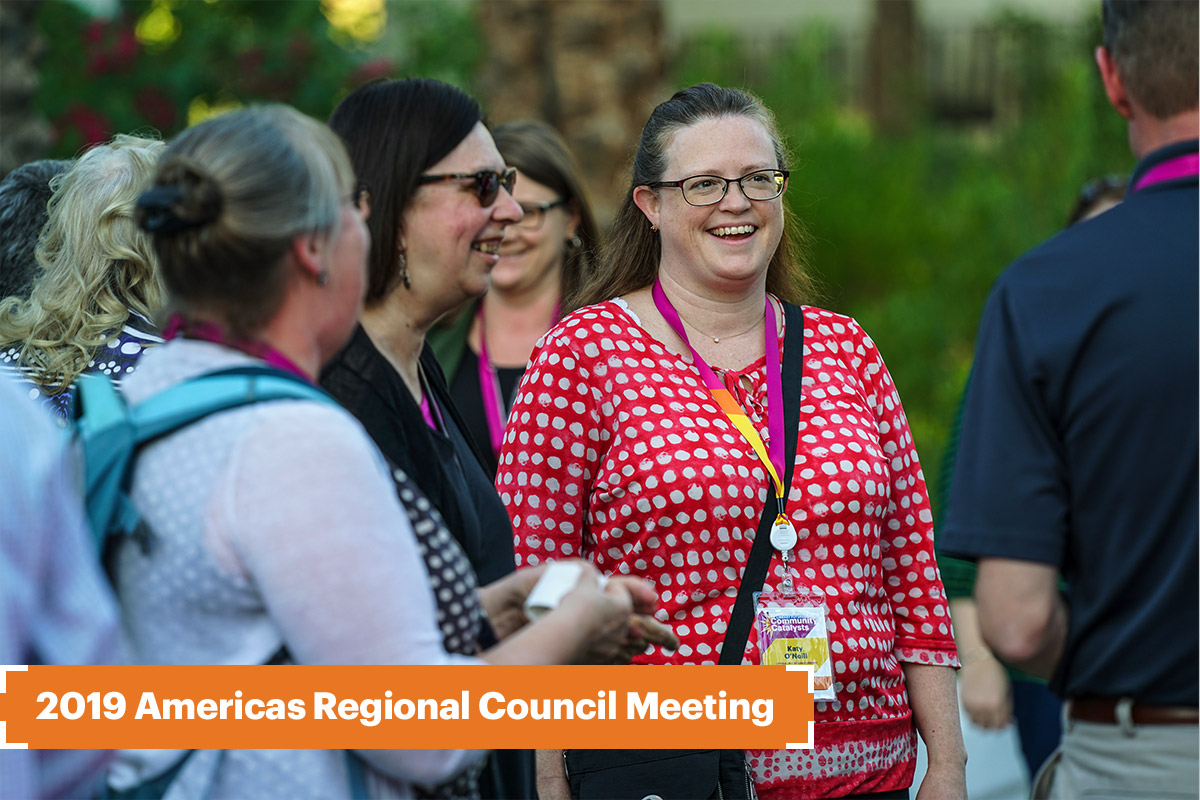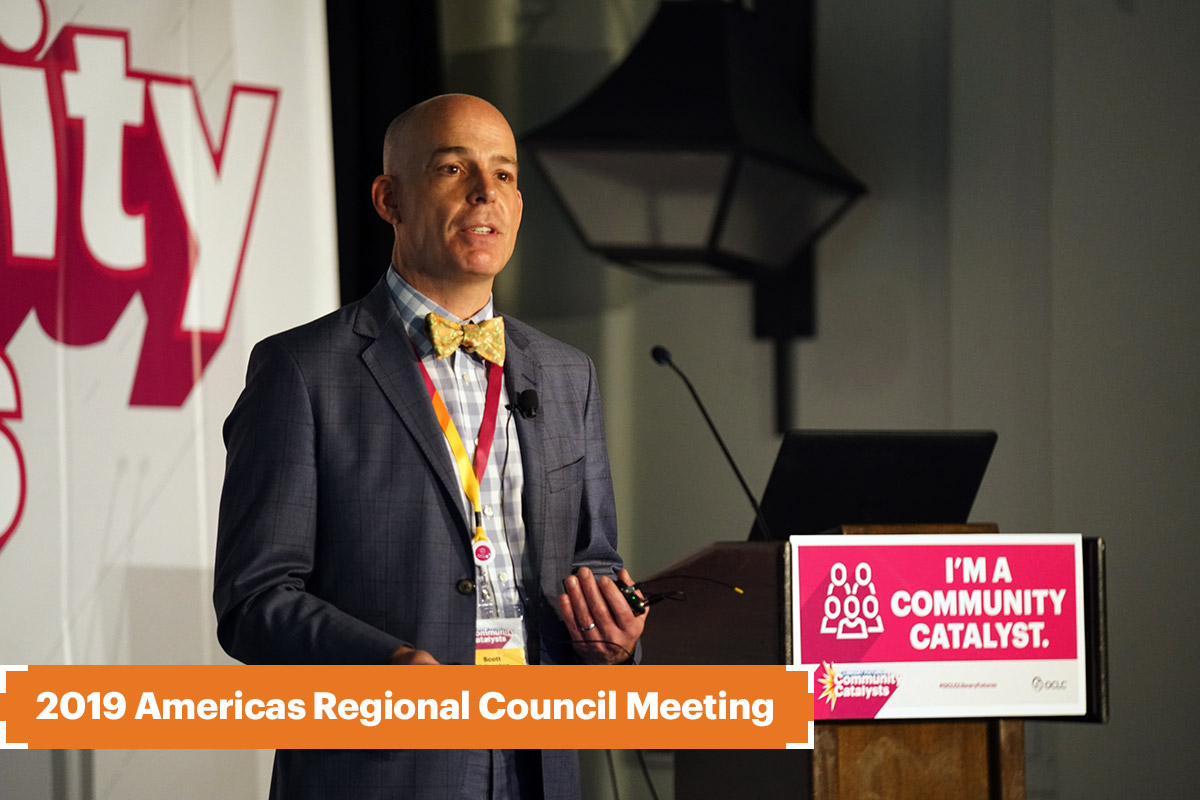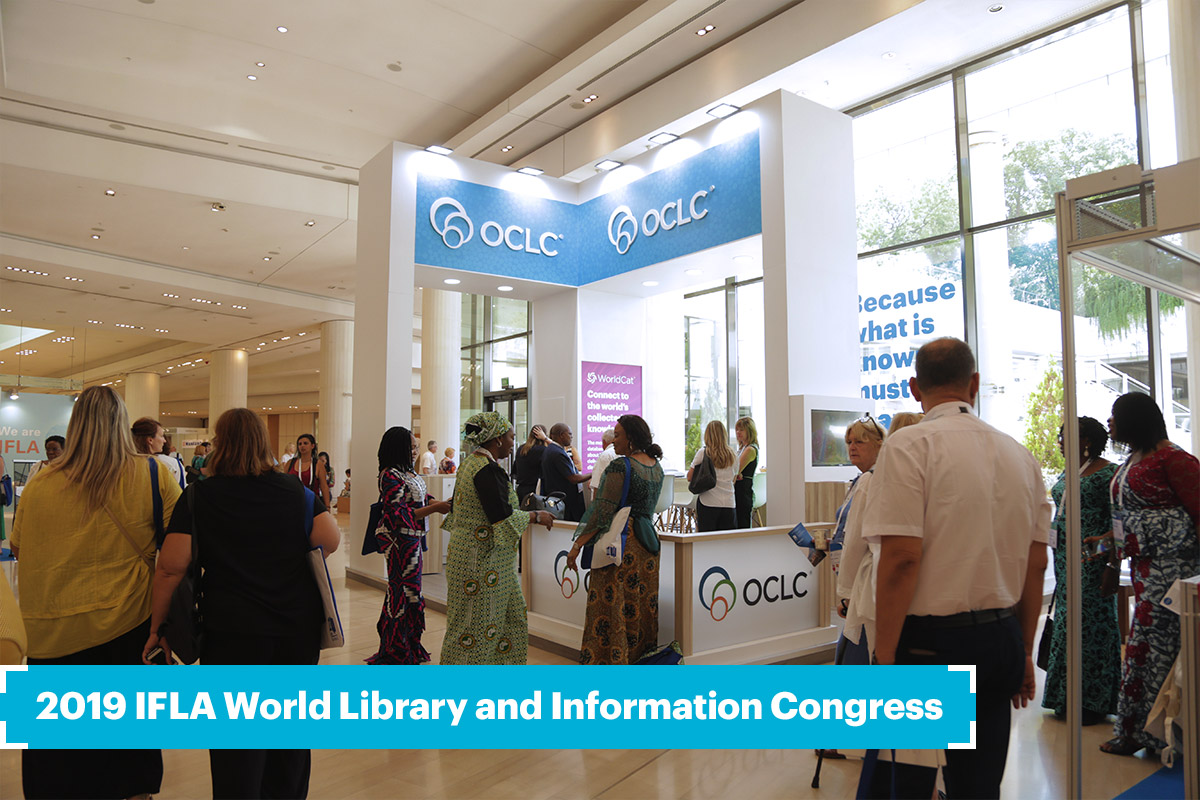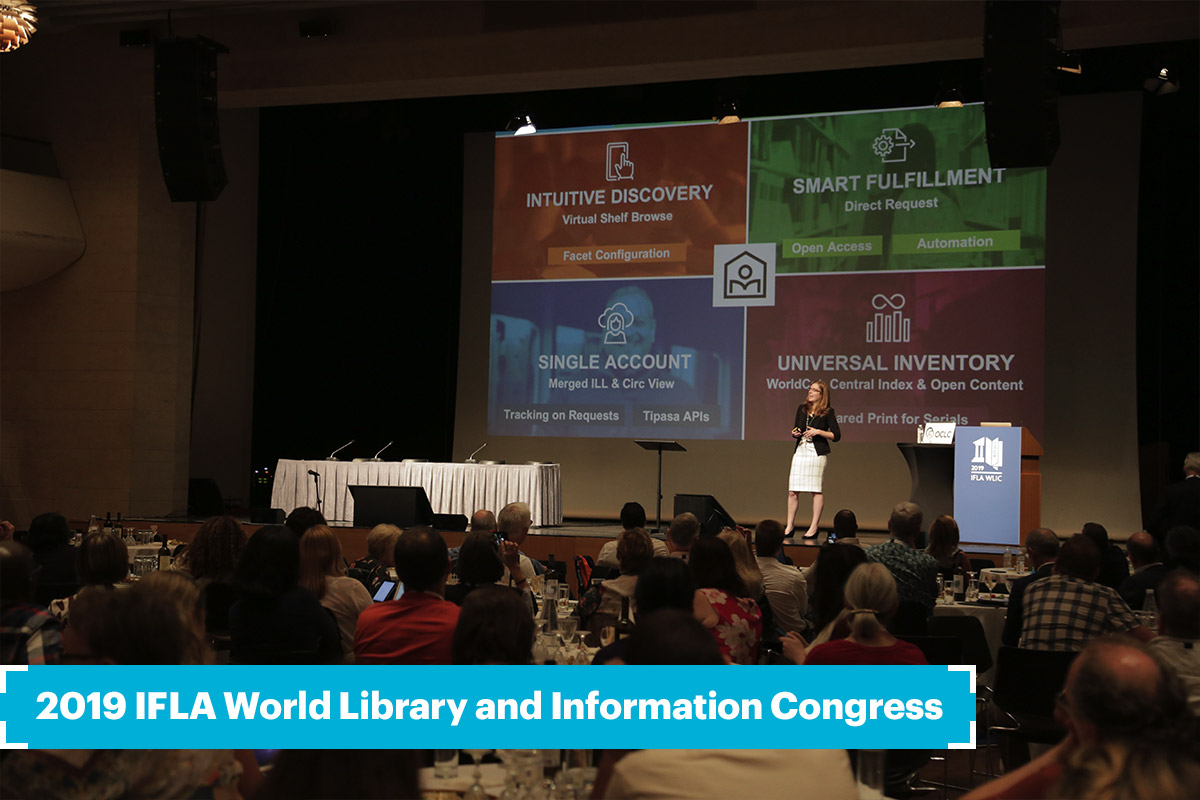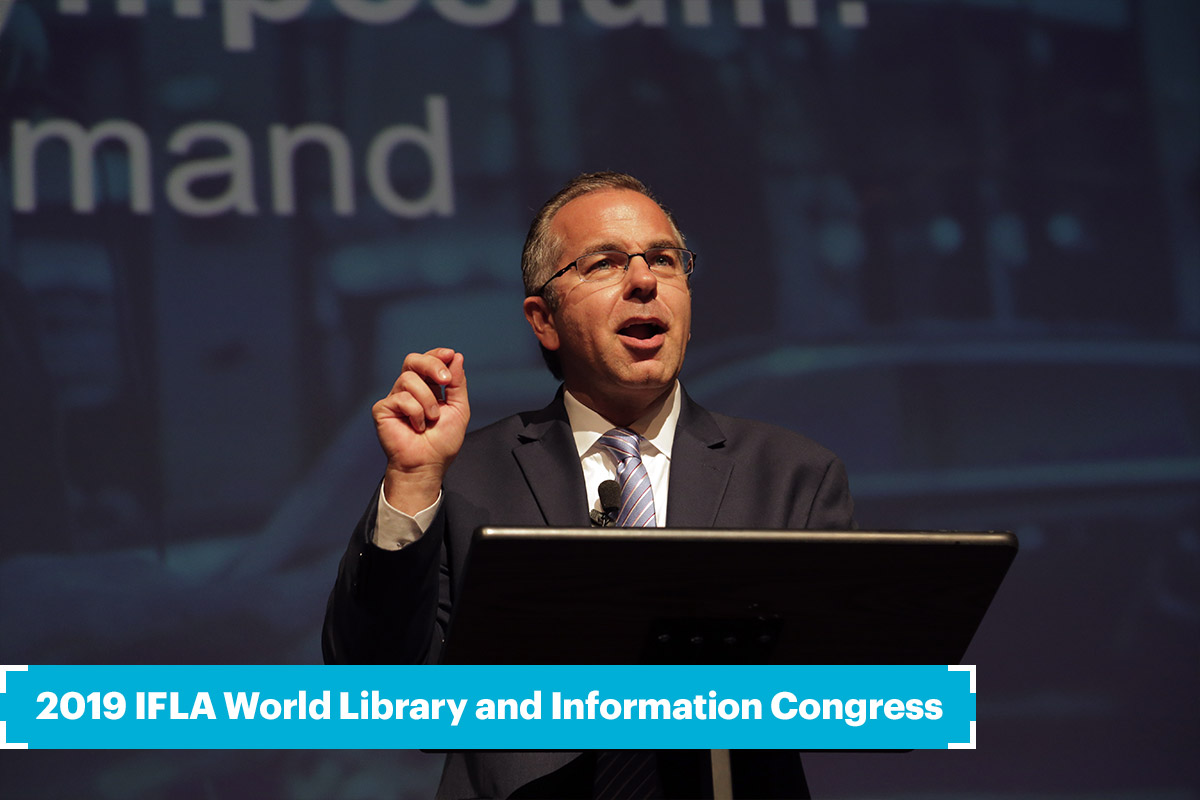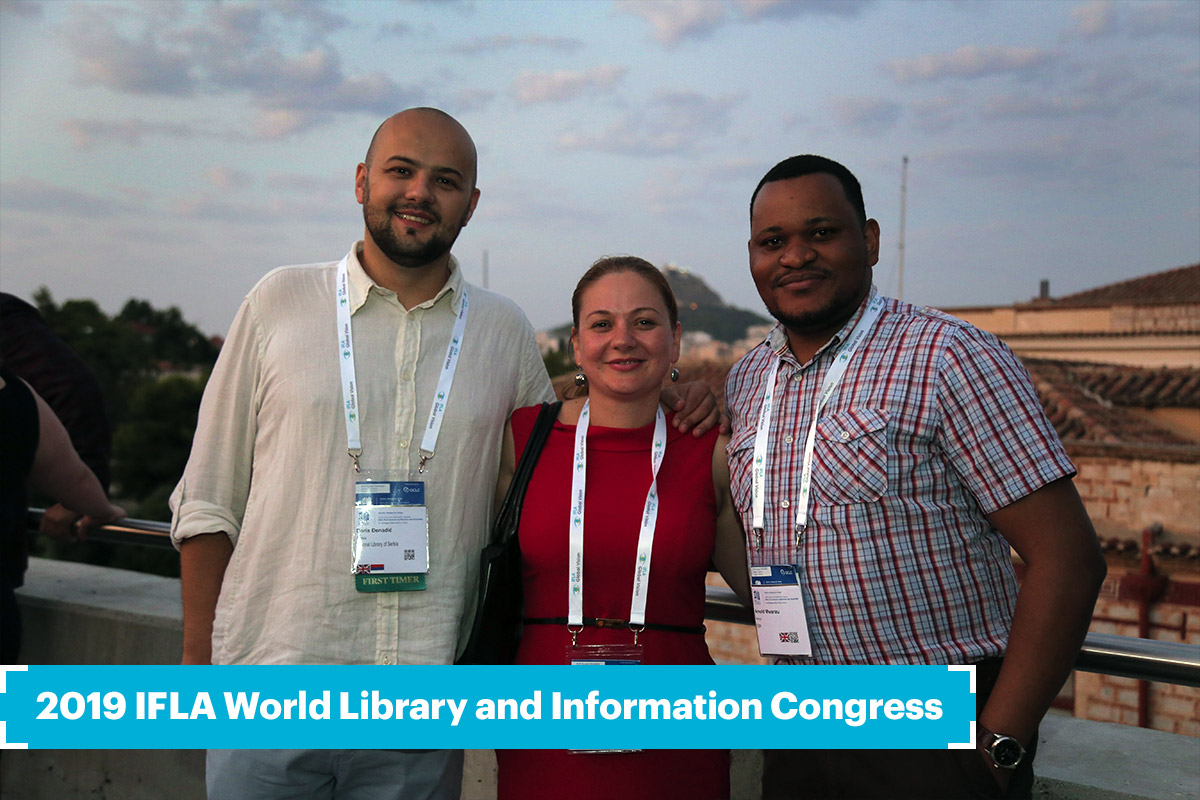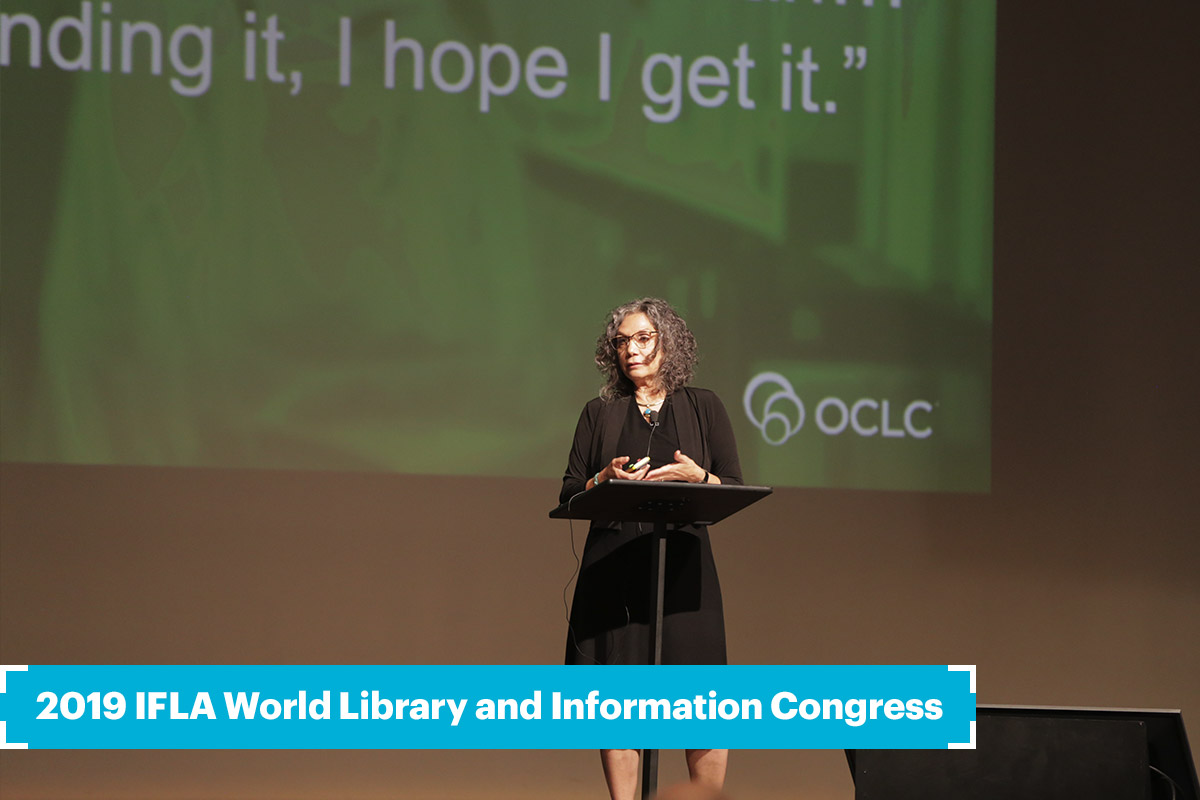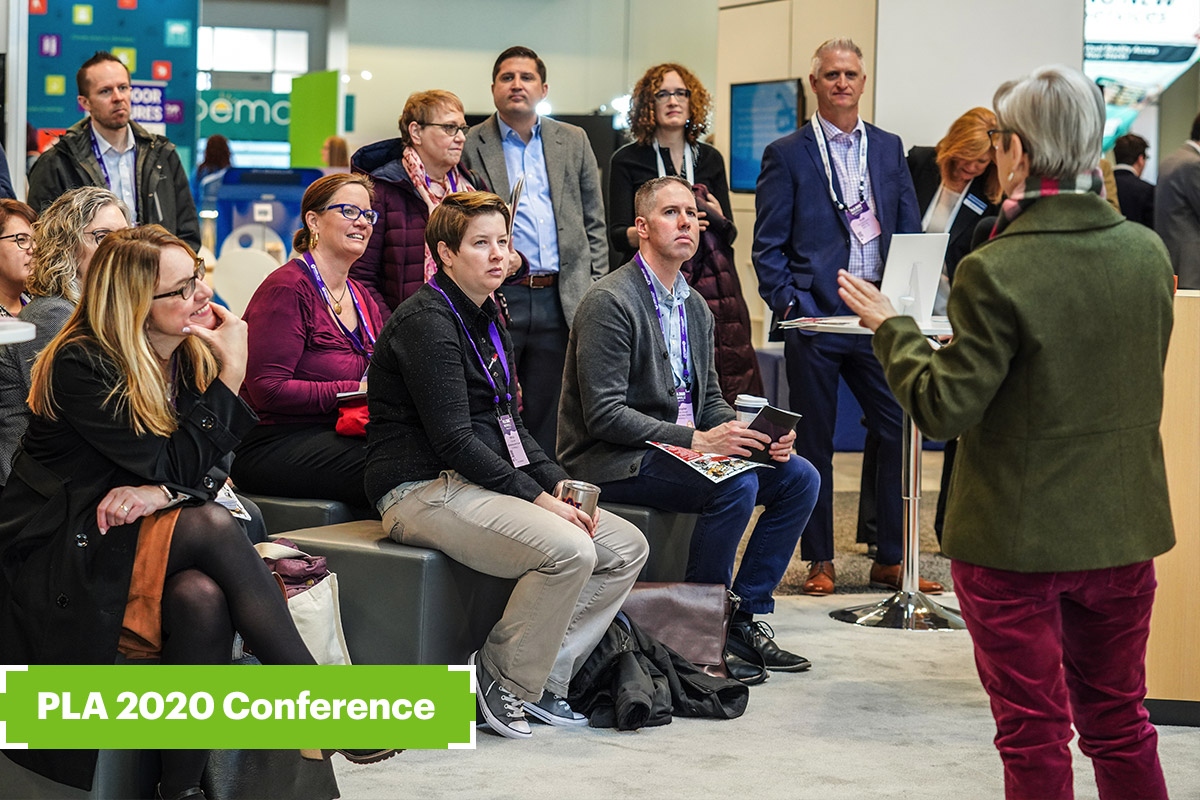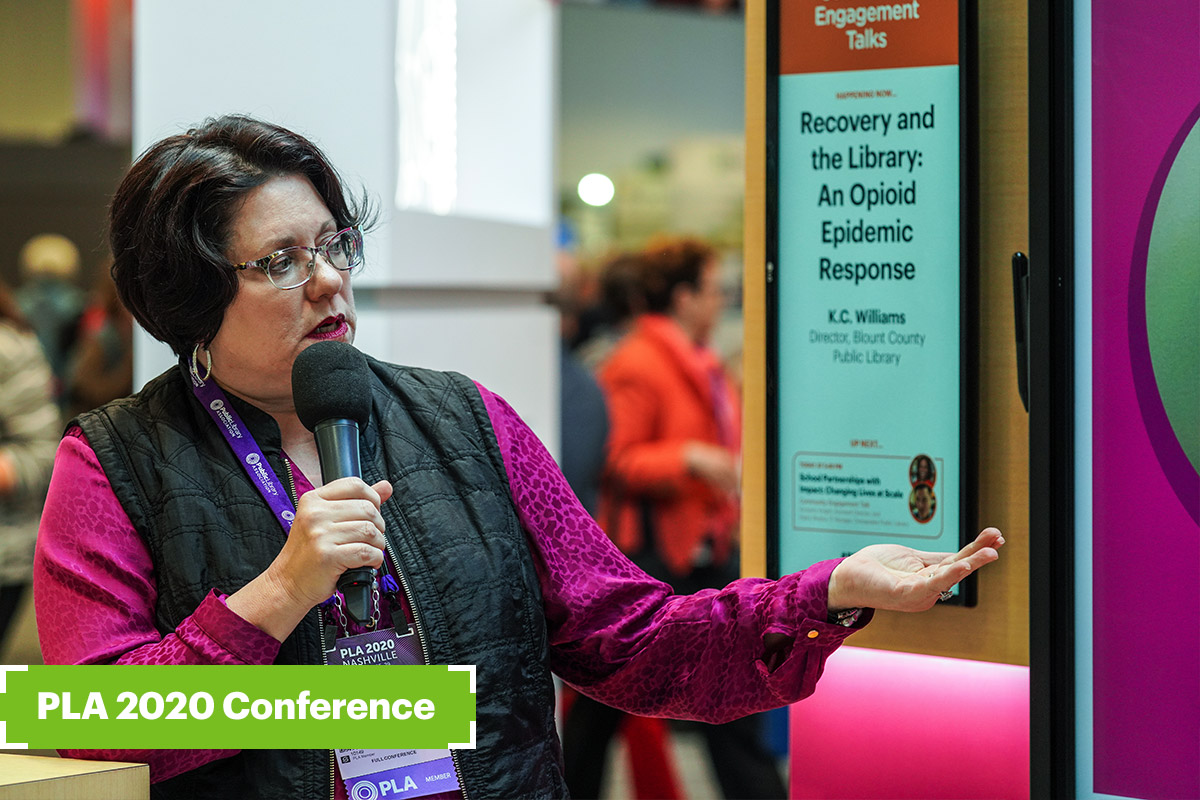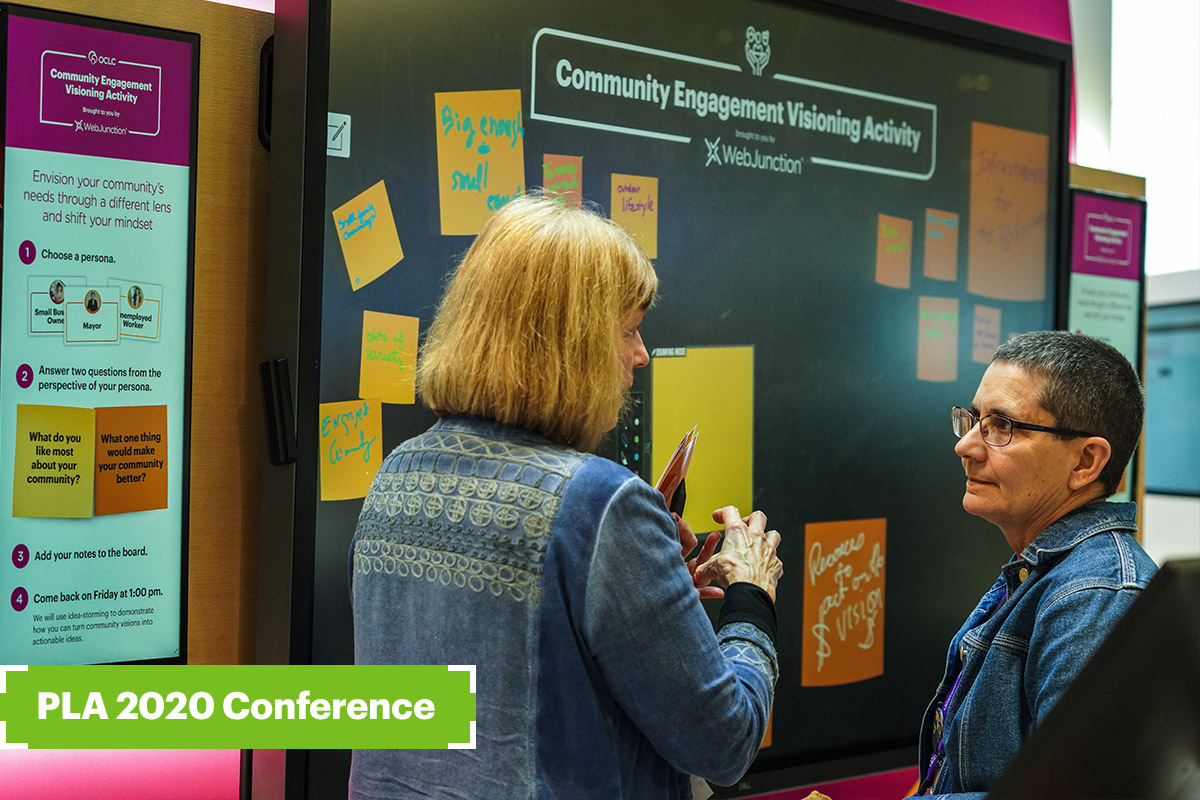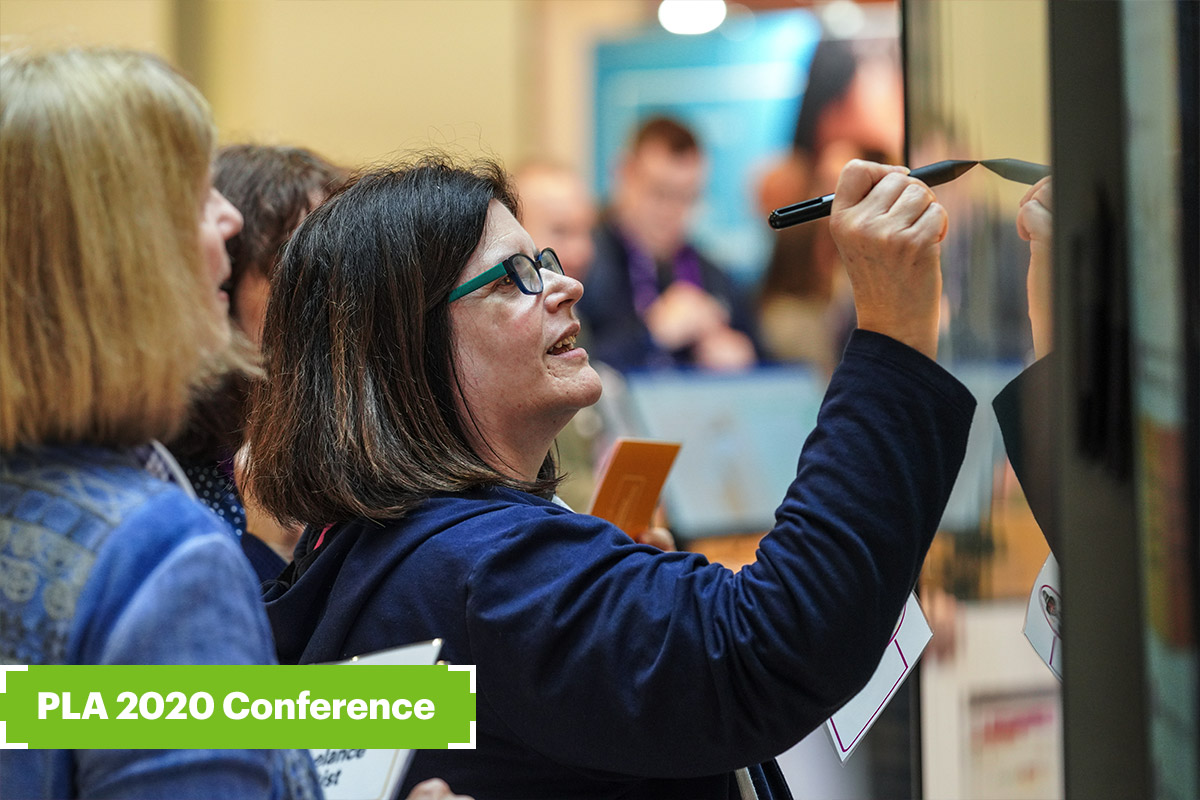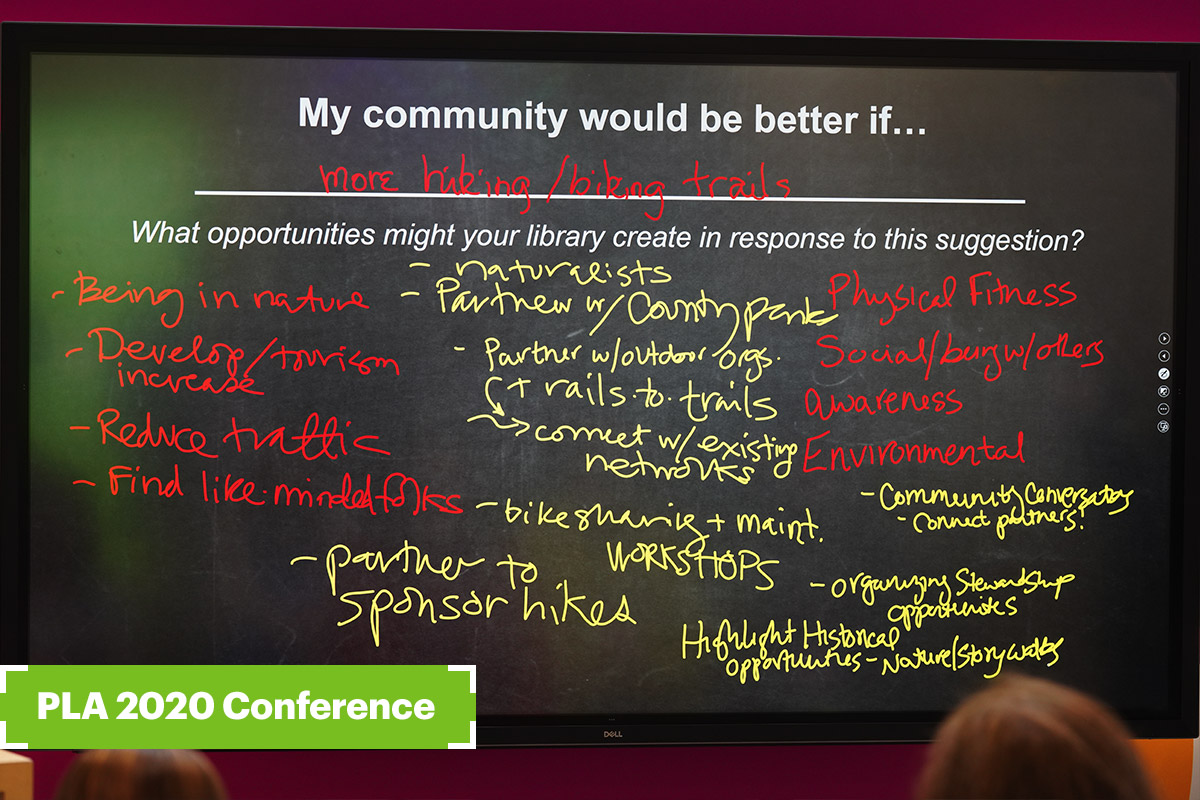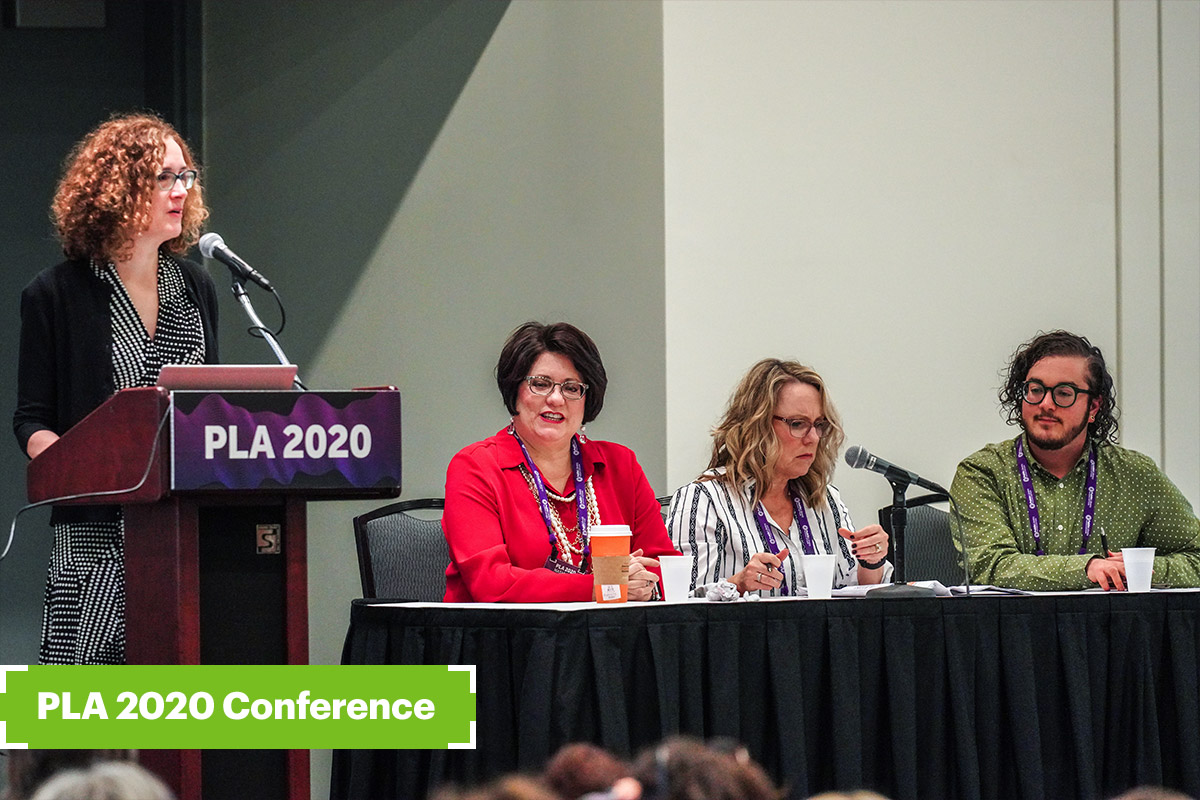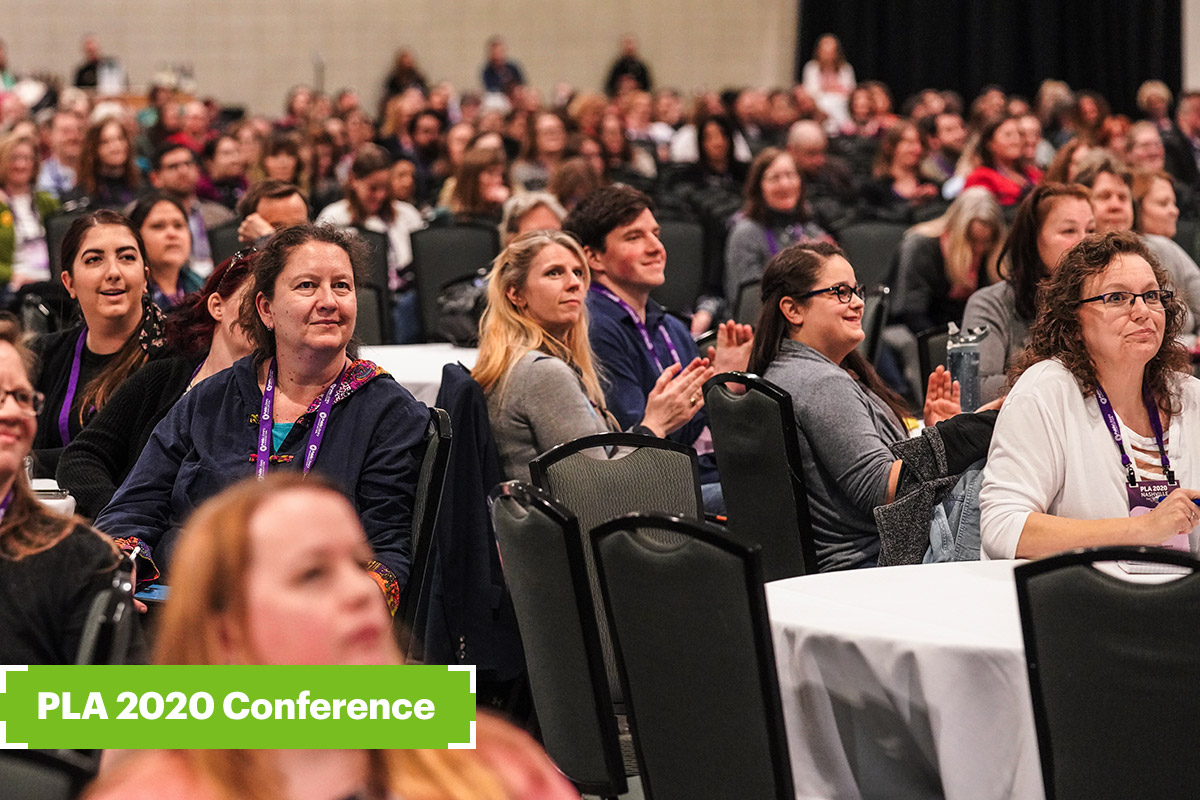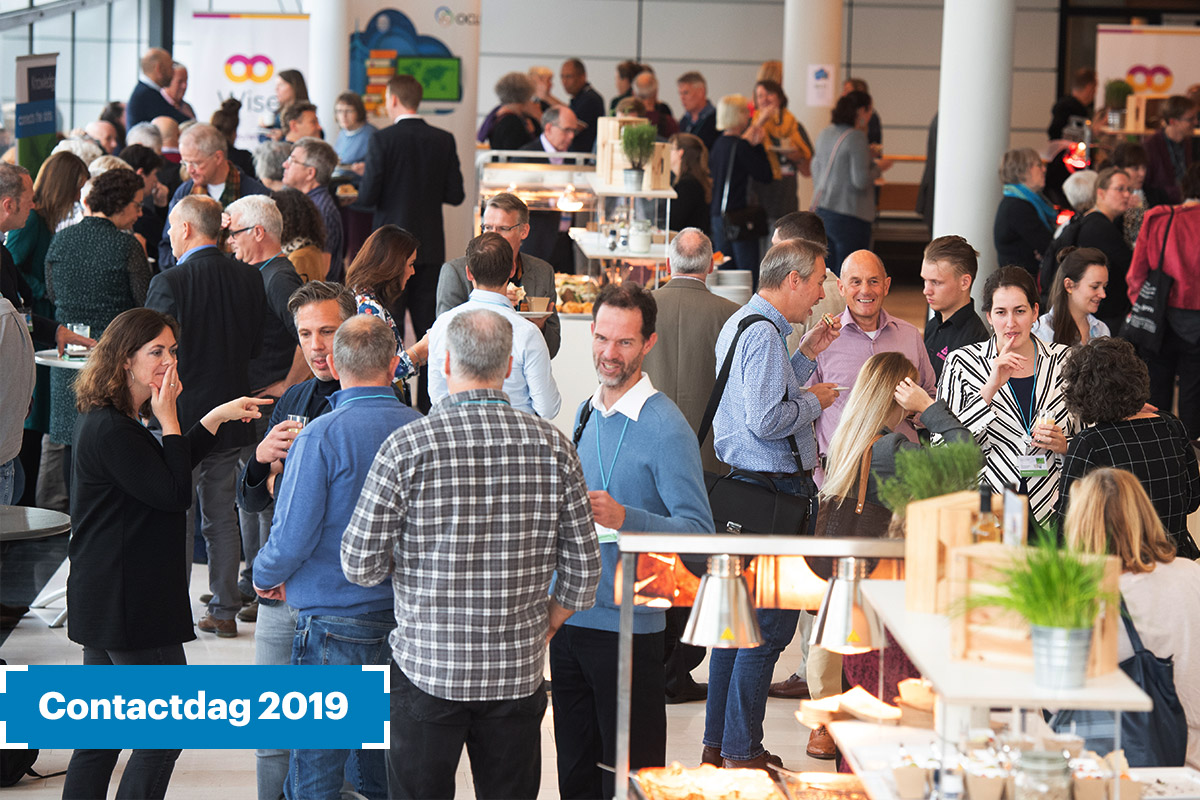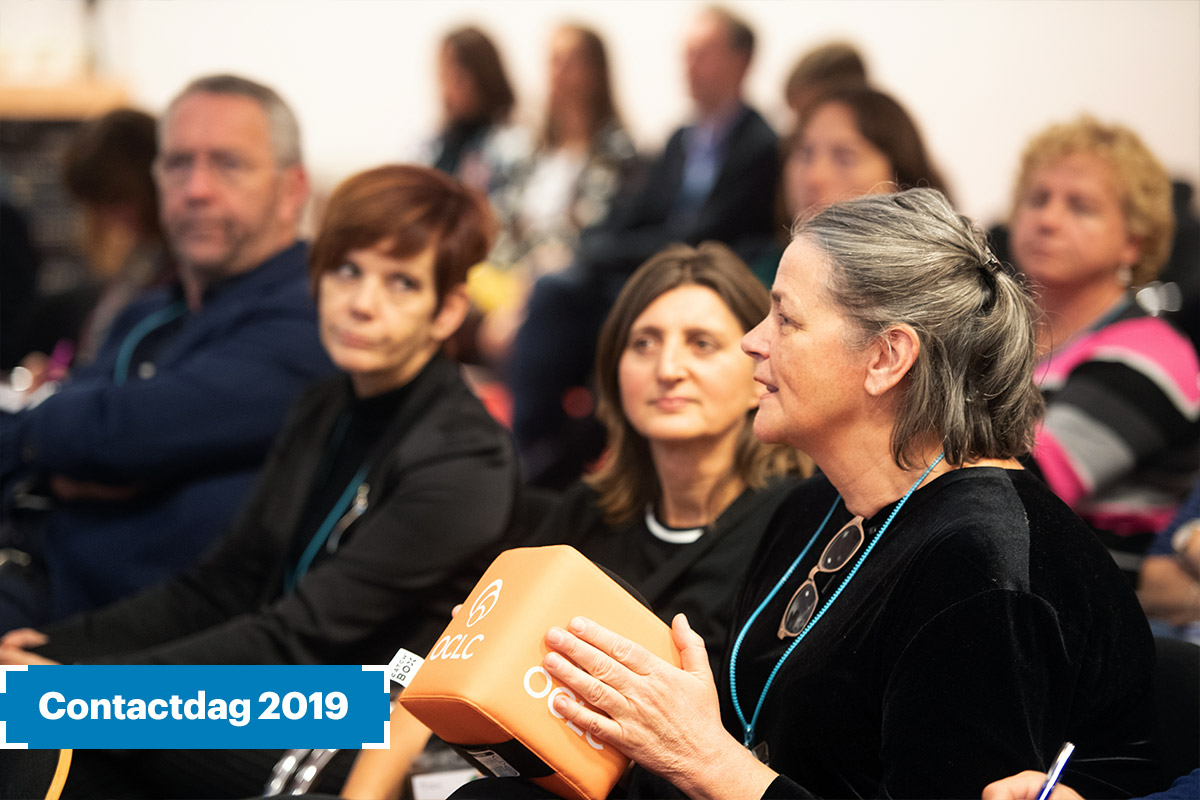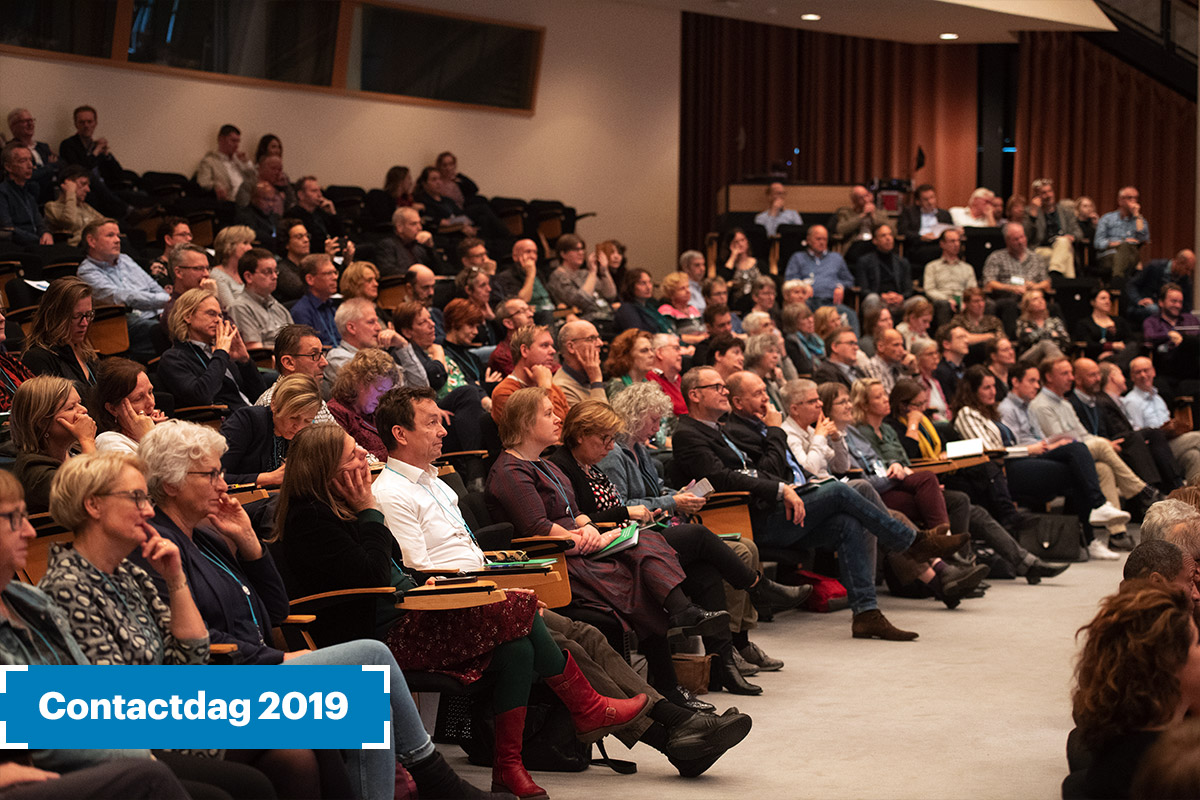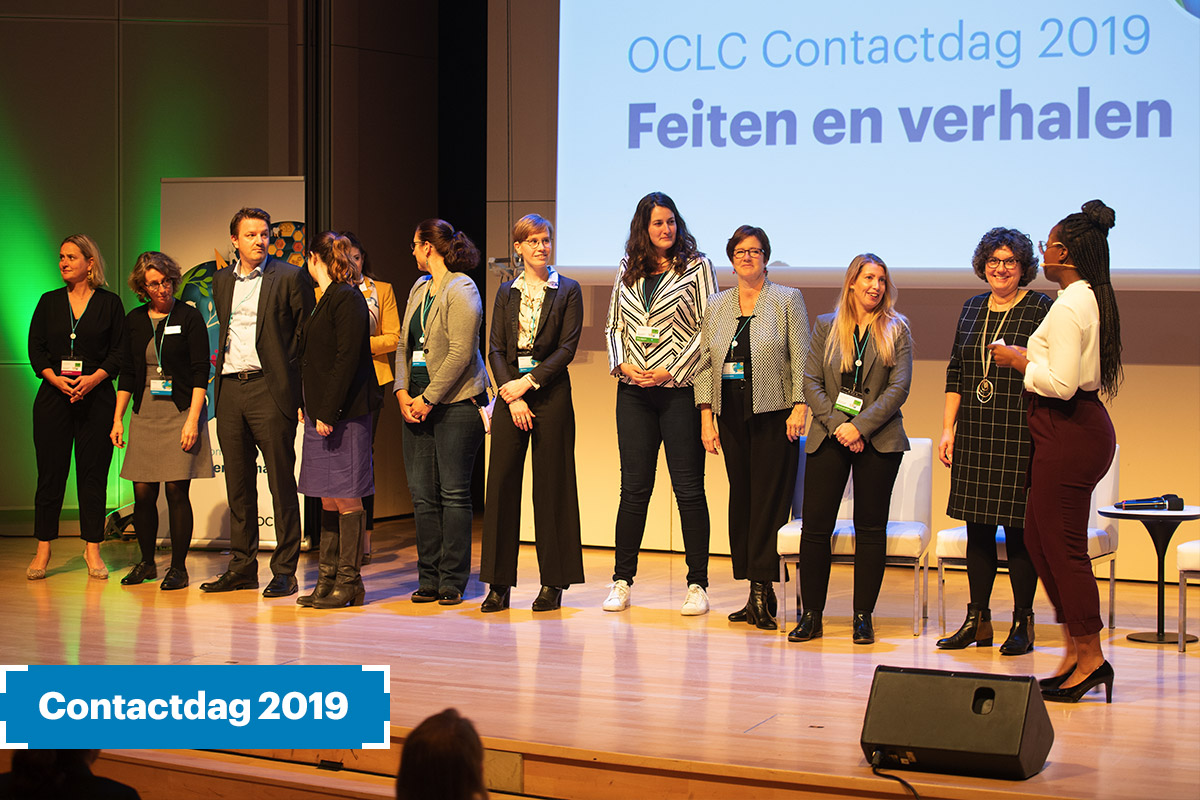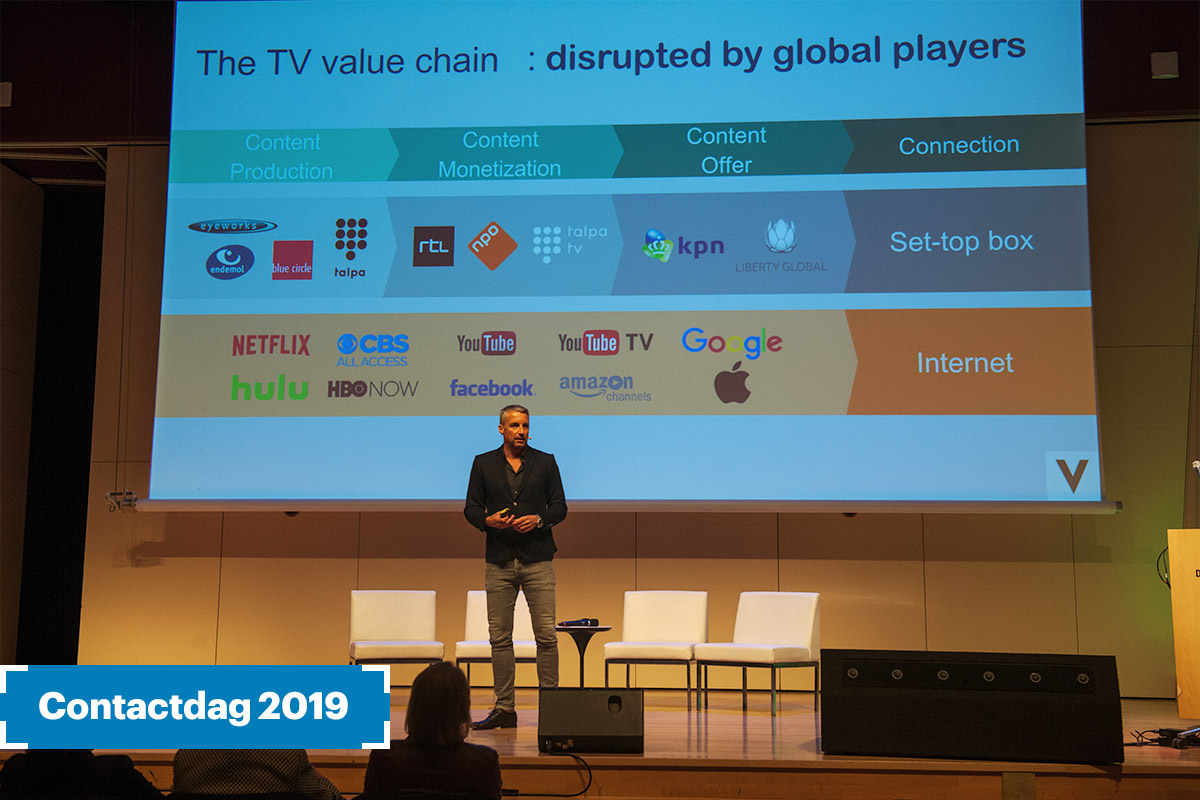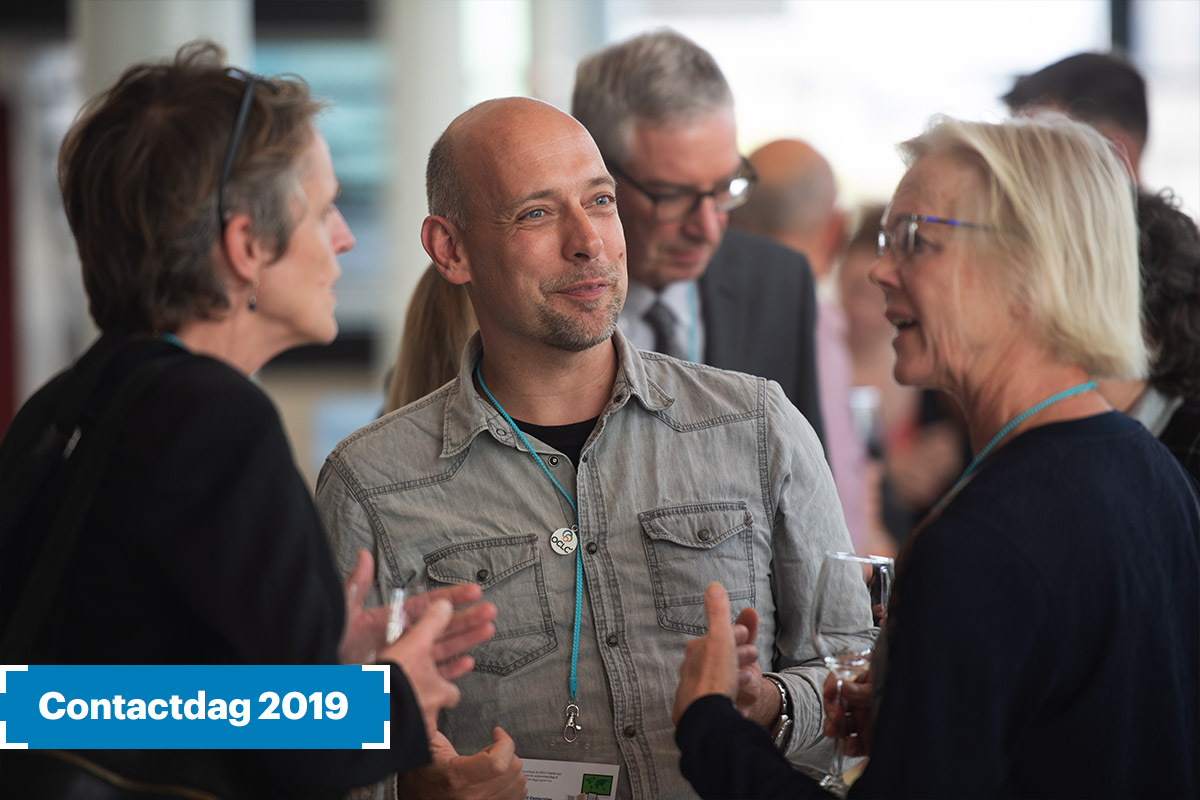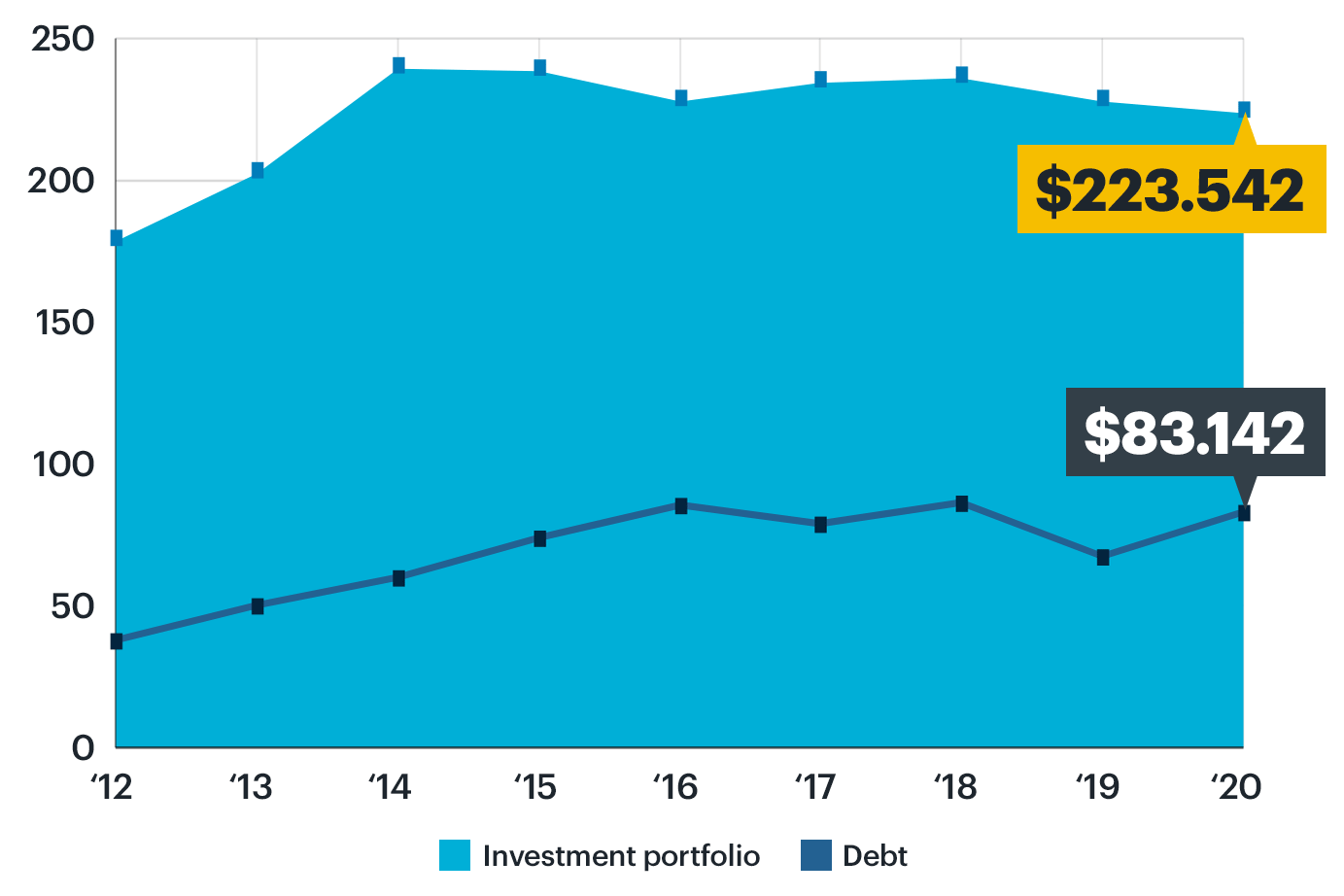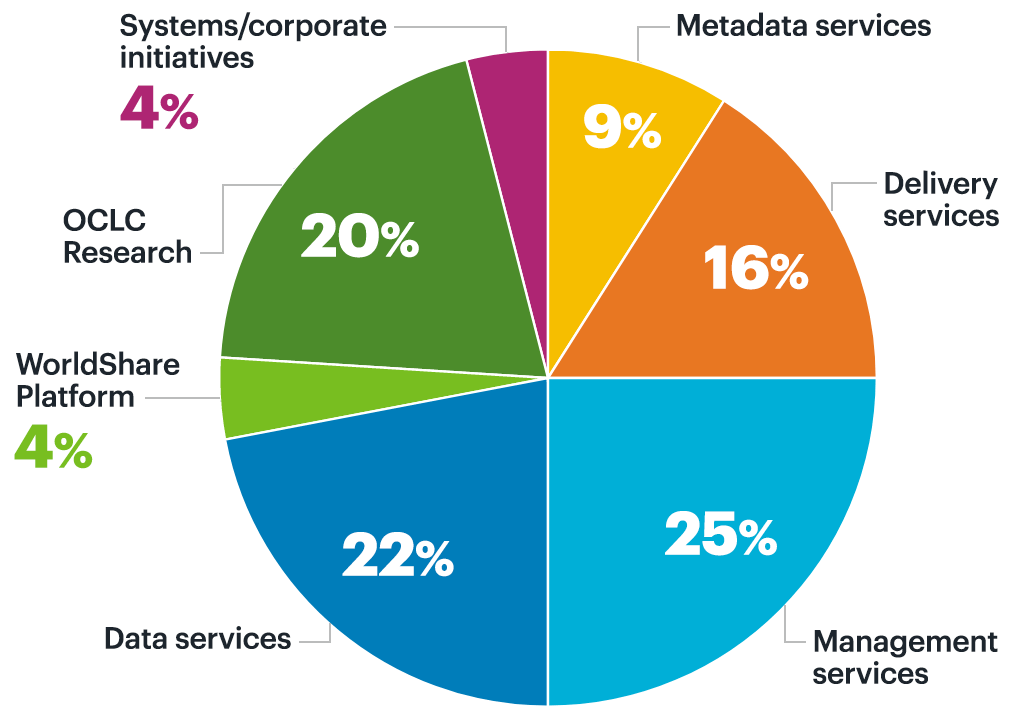Responding with speed during the COVID-19 crisis
As the COVID-19 crisis unfolded, we initially focused on quickly creating information and resources to help librarians adjust and manage their OCLC services. Then, based on library requests, we moved our efforts from operations to virtual learning as library staff engaged with professional development opportunities during the shutdown. At the end of the year, our focus shifted to support the world’s archives, libraries, and museums as they considered reopening plans.
Helping archives, libraries, and museums inform reopening plans
As libraries and museums in the US began to resume operations and reopen to the public in light of COVID-19, the need for clear information to support the handling of core museum, library, and archival materials became increasingly urgent. As part of the REALM project, OCLC, the Institute of Museum and Library Services, and Battelle are conducting research that includes testing to determine how long the COVID-19 virus survives on materials that are prevalent in libraries, archives, and museums. The project, which continues through September 2021, is drawing upon the research to produce authoritative, science-based information on how—or if—materials can be handled to mitigate exposure to staff and visitors. OCLC is managing the project and is developing a range of “toolkit” resources to contextualize the results and help libraries, archives, and museums plan with more confidence.
At Battelle’s biosafety laboratory, scientist Mike Mladineo prepares library materials for testing, including pages of a book from the Columbus Metropolitan Library.
Providing professional development
As library staff looked for opportunities to use their time at home to sharpen their professional skills, enrollment in WebJunction’s course catalog surged. March and April 2020 saw more than 36,000 learners take part in WebJunction® courses, eclipsing in two months last year’s total of 22,000 learners. WebJunction’s five most engaged online learning topics were: “Dealing with Angry Patrons,” “Dealing with the Difficult Patrons,” “Being Customer-Focused: New and Emerging Trends in Customer Service,” “Cultivating Protective Factors for Safe Libraries and Resilient Communities,” and “Service Excellence in Challenging Times.”
Transitioning to virtual events
We quickly transitioned many of our physical meetings to virtual events. In March, OCLC Global Council met virtually and followed up their annual meeting with a series of roundtable discussions on libraries and pandemic responses. The election of two new Board members by the Global Council was also conducted online for the first time. In Europe, OCLC switched quickly to online events, holding 46 webinars during the first wave of the pandemic, reaching 1,590 people. In the Americas, we delivered a series of five live, online events focused on resource sharing attended by more than 4,100 registrants. At the ALA Virtual 2020, we presented “Circulating optimism: How library workers have shifted rapidly to engage and assist their communities” as a Virtual Spotlight Session.
Building COVID-19 resources
To help libraries find new ways to serve users and their broader communities, we created several COVID-19 resource pages that included timely information for providing remote access to library collections, optimizing the use of OCLC services, and connecting and collaborating with other libraries. To date these pages have received nearly 50,000 views.
Adding free e-content
We worked with our global content partners to add free e-content to OCLC services during the COVID-19 crisis. The list included 100+ collections from 88 content partners. Information was also provided for more than 90 additional resource offers related to the current pandemic.
Sharing valuable information
Our Resource Sharing team identified unmet community needs during the initial stages of the shutdown and created the webinar “Managing your library’s ILL services during the COVID-19 crisis” in less than a week. The webinar attracted nearly 1,300 registrants, with more than 4,000 views and downloads of the recording. Based on pressing interlibrary loan needs, we added additional webinars and virtual office hours. A crowdsourcing effort was launched on the safe return of ILL physical items—and a way to identify which libraries are currently lending physical materials—that includes a map offering the ability to visualize and interact with the information using search and filtering tools. More than 2,100 libraries worldwide are participating in this effort.
Reaching out to support each other
The OCLC Research Library Partnership (RLP) convened their network in various capacities to help libraries learn and act confidently. The SHARES network held biweekly Virtual Town Halls. The RLP Research Support Interest Group hosted online “COVID check-in” sessions where participants discussed COVID-19’s impact on the university research enterprise. And the Metadata Managers Focus Group met to discuss “Metadata management in times of uncertainty.”
Bringing the community together
To help libraries connect and share best practices, we hosted a Virtual Town Hall: “Libraries and the COVID-19 Crisis,” that more than 2,100 people attended with numerous attendees sharing experiences and ideas in a lively discussion via chat. To date, the town hall web page has received nearly 16,000 views with another 8,000 additional viewers accessing the recording of the event and the collection of resources shared by both panelists and attendees.
Speeding up service implementation
We saw and continue to see increased demand for EZproxy® hosted, which provides remote access to e-content, answering the need to ensure 24/7 remote access from outside the library. To support libraries in this transition, we optimized the implementation process so that EZproxy hosted sites can be tested and live within three to seven business days. Libraries can now test their configurations and connect users to e-content more efficiently.
